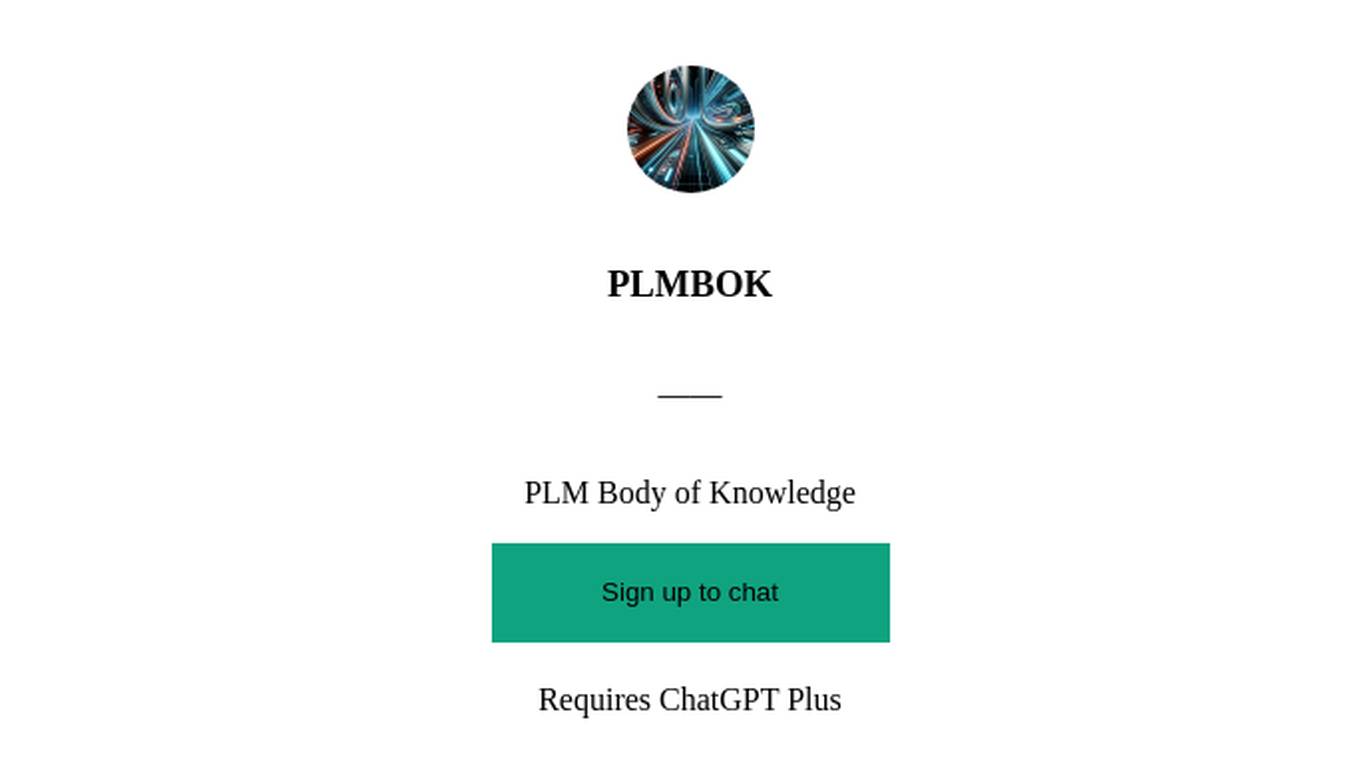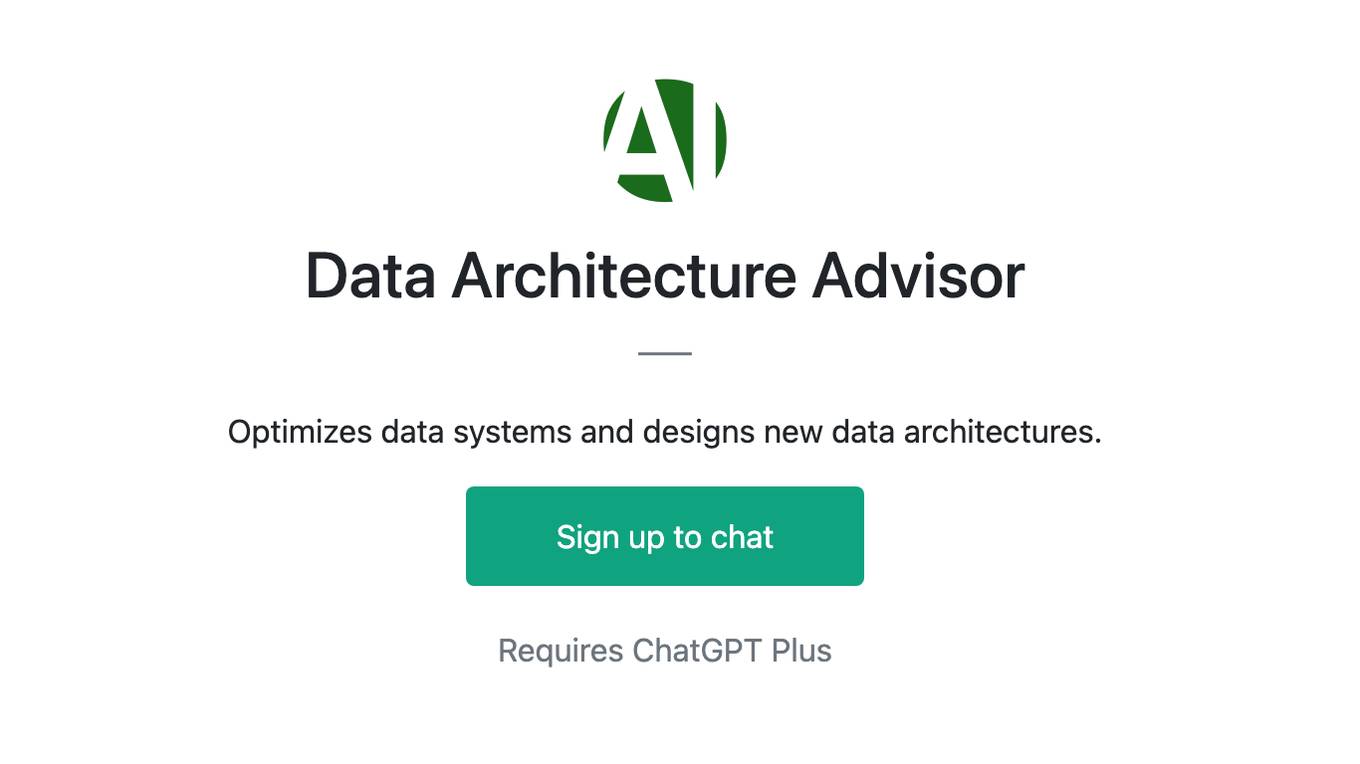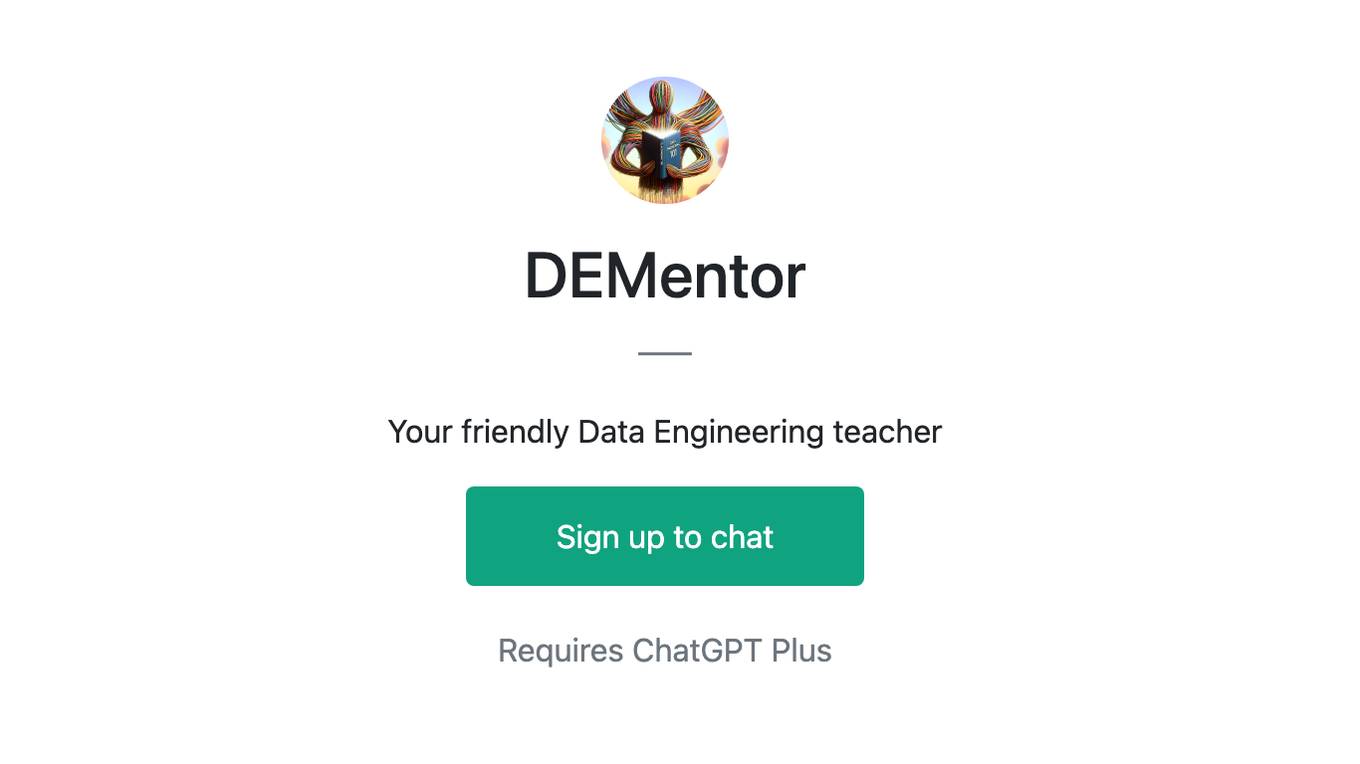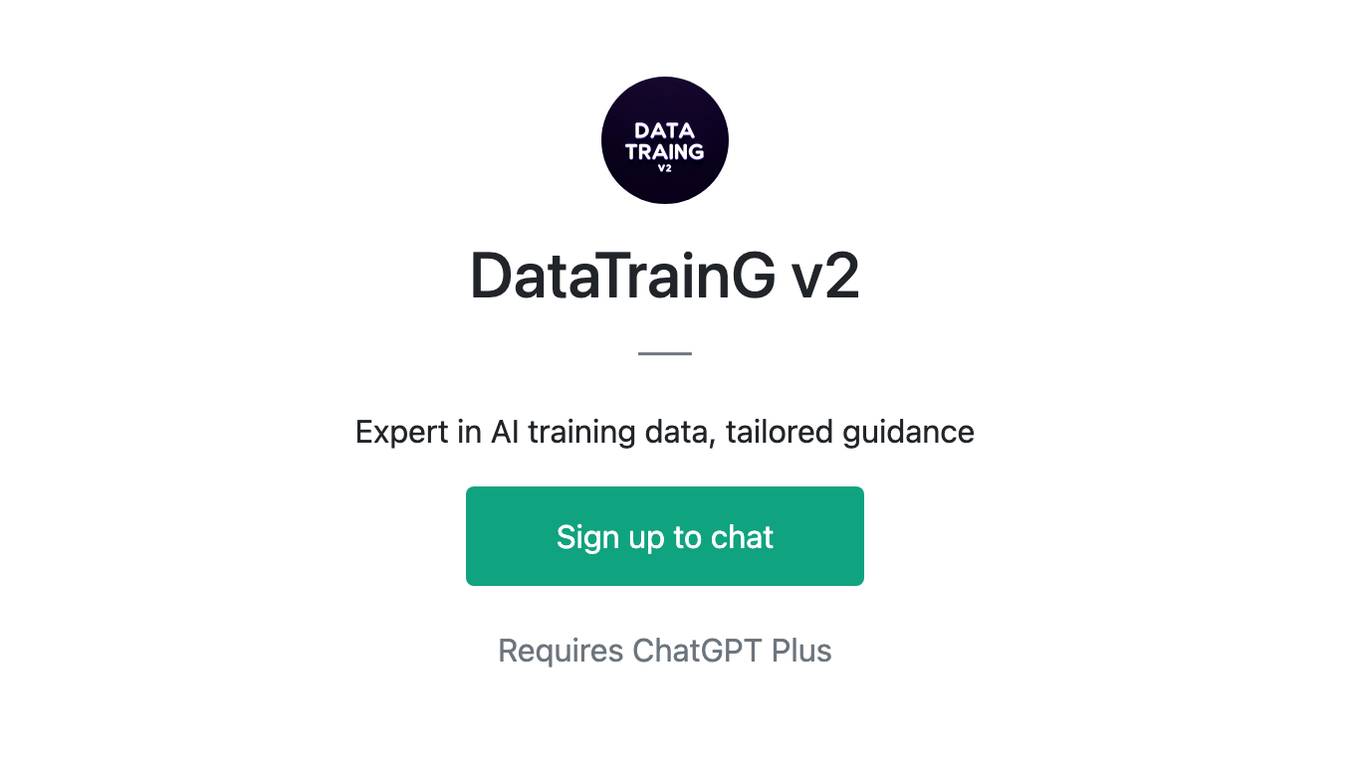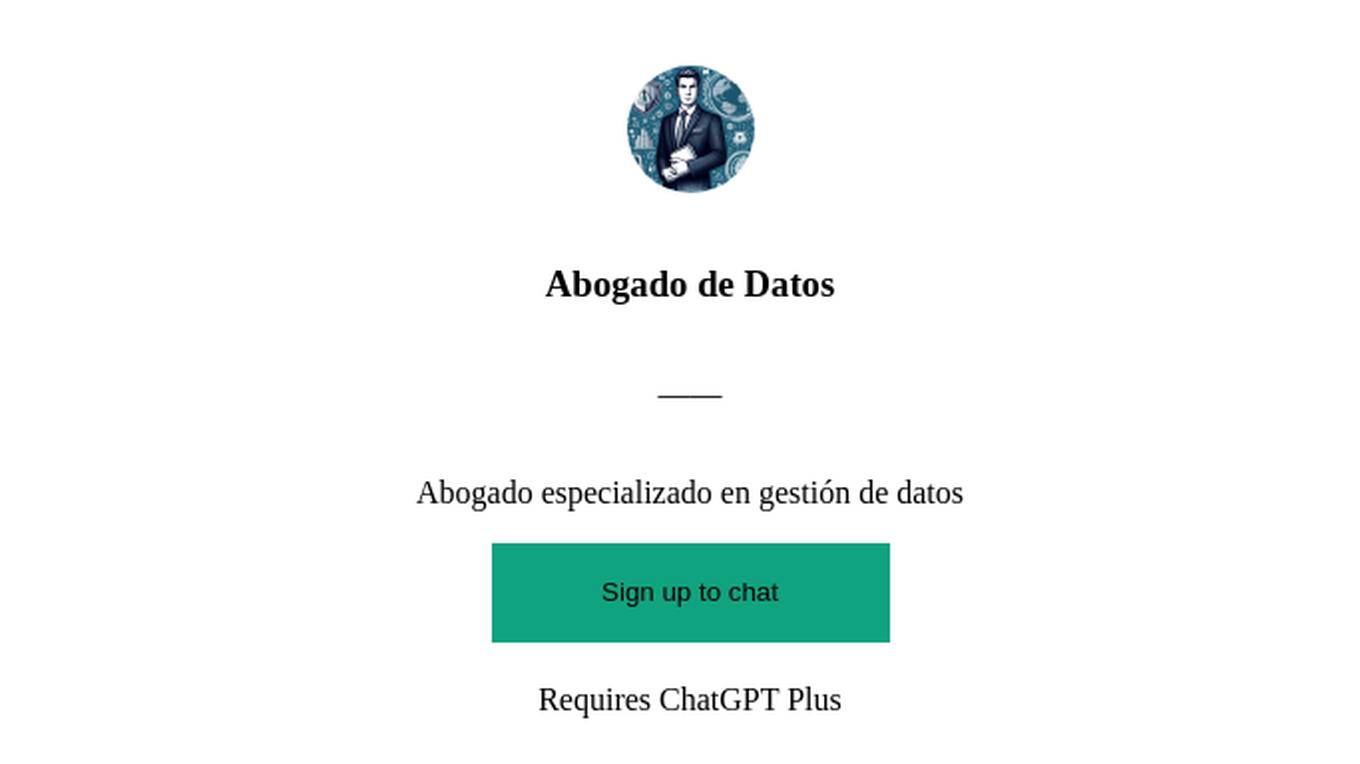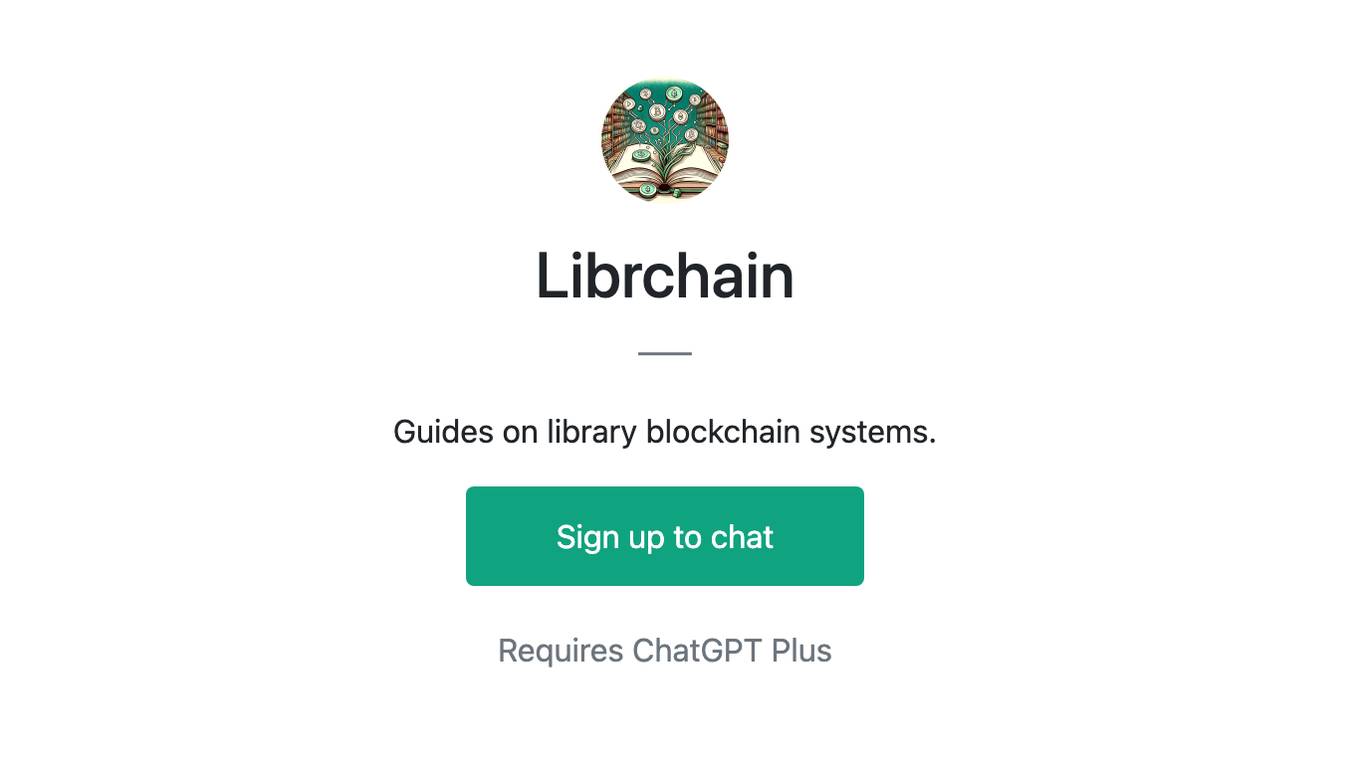Best AI tools for< Manage Data Lifecycle >
20 - AI tool Sites
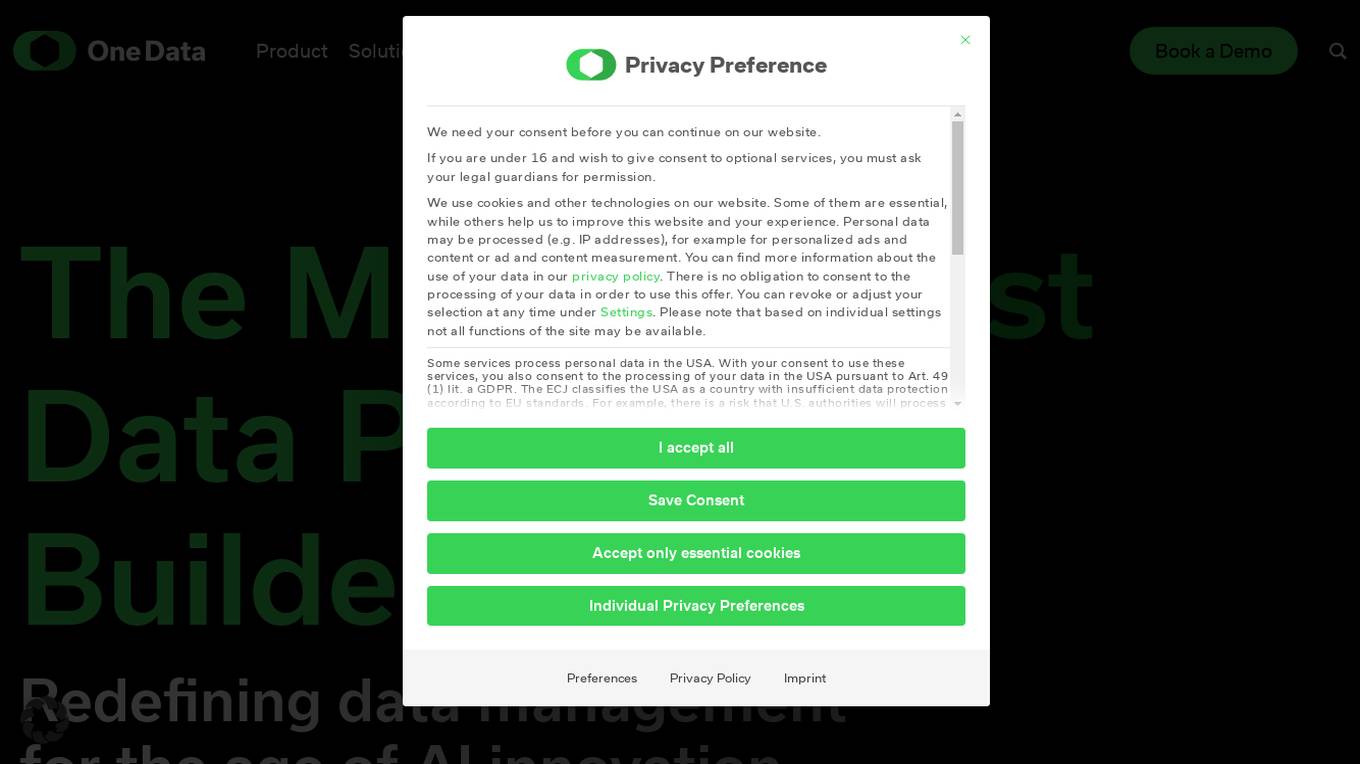
One Data
One Data is an AI-powered data product builder that offers a comprehensive solution for building, managing, and sharing data products. It bridges the gap between IT and business by providing AI-powered workflows, lifecycle management, data quality assurance, and data governance features. The platform enables users to easily create, access, and share data products with automated processes and quality alerts. One Data is trusted by enterprises and aims to streamline data product management and accessibility through Data Mesh or Data Fabric approaches, enhancing efficiency in logistics and supply chains. The application is designed to accelerate business impact with reliable data products and support cost reduction initiatives with advanced analytics and collaboration for innovative business models.
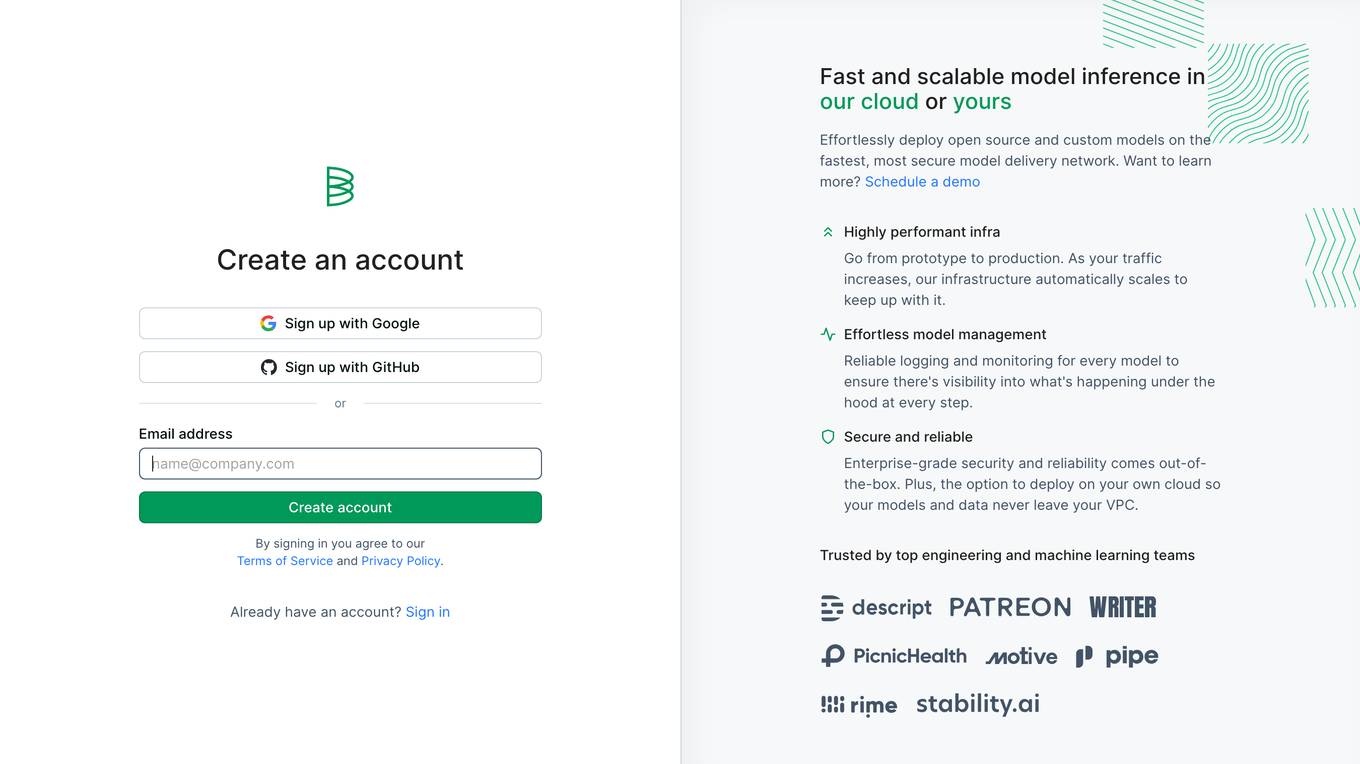
Baseten
Baseten is a machine learning infrastructure that provides a unified platform for data scientists and engineers to build, train, and deploy machine learning models. It offers a range of features to simplify the ML lifecycle, including data preparation, model training, and deployment. Baseten also provides a marketplace of pre-built models and components that can be used to accelerate the development of ML applications.
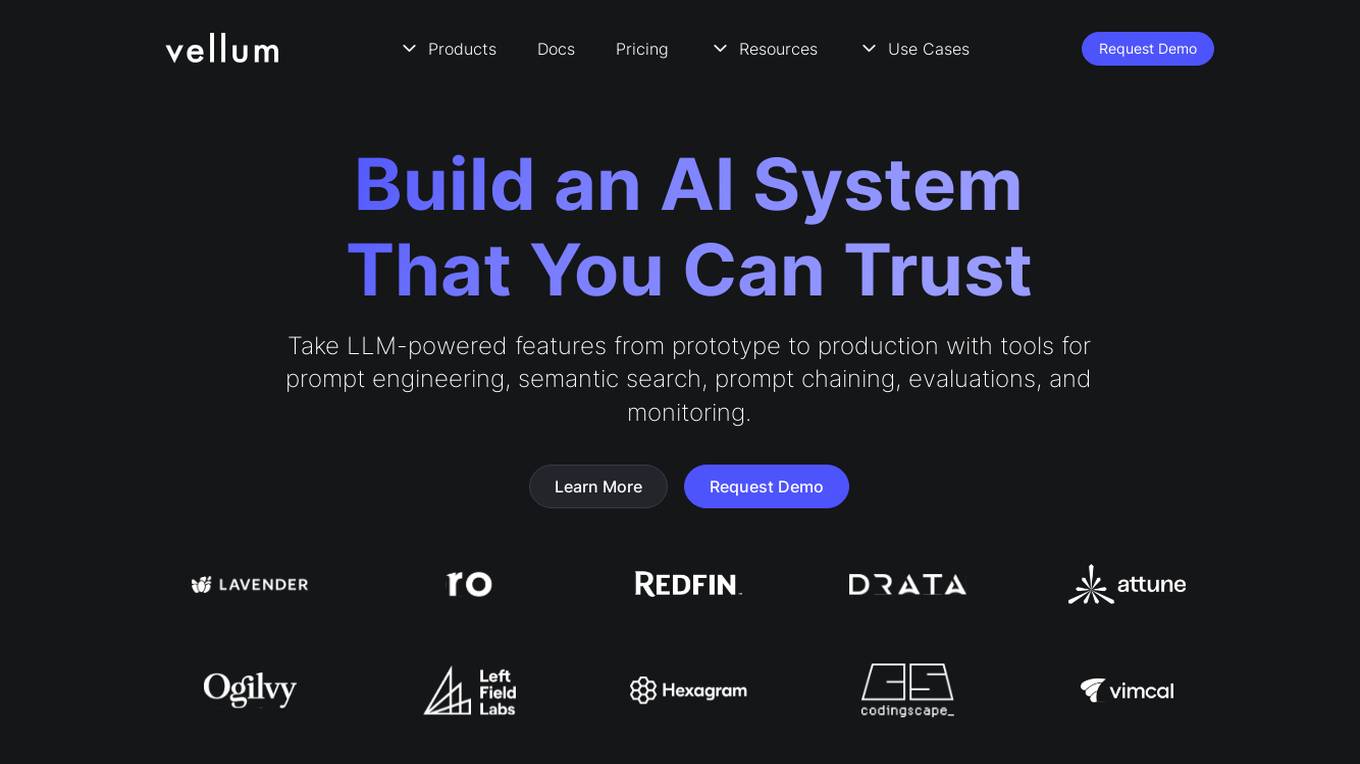
Vellum AI
Vellum AI is an AI platform that supports using Microsoft Azure hosted OpenAI models. It offers tools for prompt engineering, semantic search, prompt chaining, evaluations, and monitoring. Vellum enables users to build AI systems with features like workflow automation, document analysis, fine-tuning, Q&A over documents, intent classification, summarization, vector search, chatbots, blog generation, sentiment analysis, and more. The platform is backed by top VCs and founders of well-known companies, providing a complete solution for building LLM-powered applications.
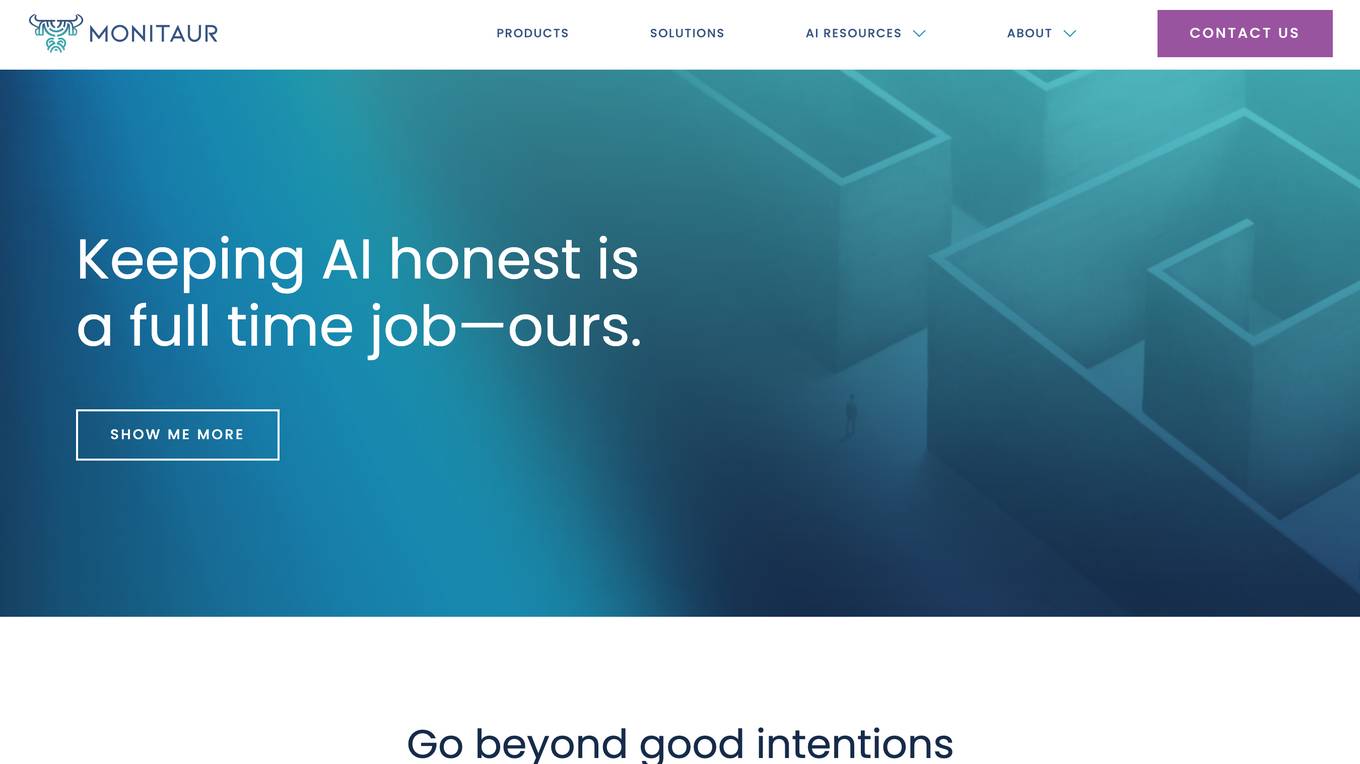
Monitaur
Monitaur is an AI governance software that provides a comprehensive platform for organizations to manage the entire lifecycle of their AI systems. It brings together data, governance, risk, and compliance teams onto one platform to mitigate AI risk, leverage full potential, and turn intention into action. Monitaur's SaaS products offer user-friendly workflows that document the lifecycle of AI journey on one platform, providing a single source of truth for AI that stays honest.
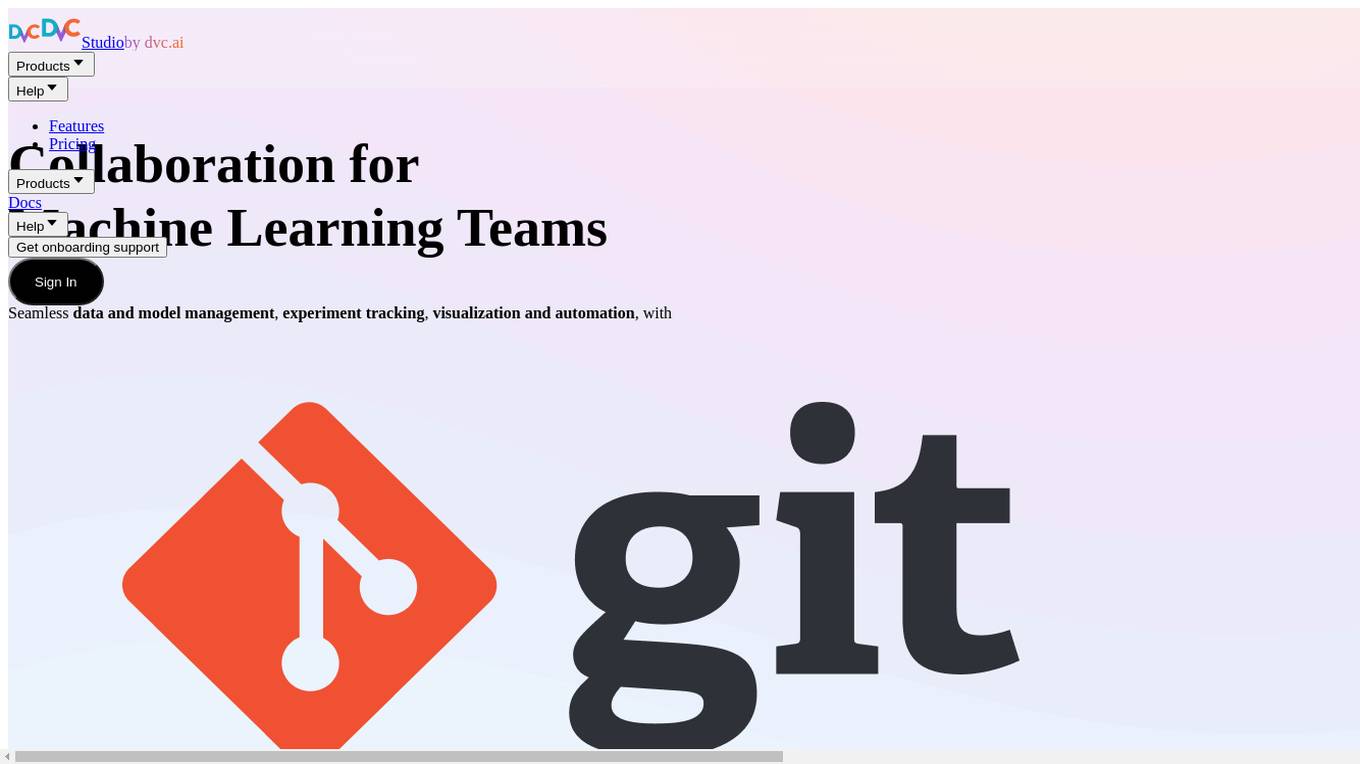
DVC Studio
DVC Studio is a collaboration tool for machine learning teams. It provides seamless data and model management, experiment tracking, visualization, and automation. DVC Studio is built for ML researchers, practitioners, and managers. It enables model organization and discovery across all ML projects and manages model lifecycle with Git, unifying ML projects with the best DevOps practices. DVC Studio also provides ML experiment tracking, visualization, collaboration, and automation using Git. It applies software engineering and DevOps best-practices to automate ML bookkeeping and model training, enabling easy collaboration and faster iterations.
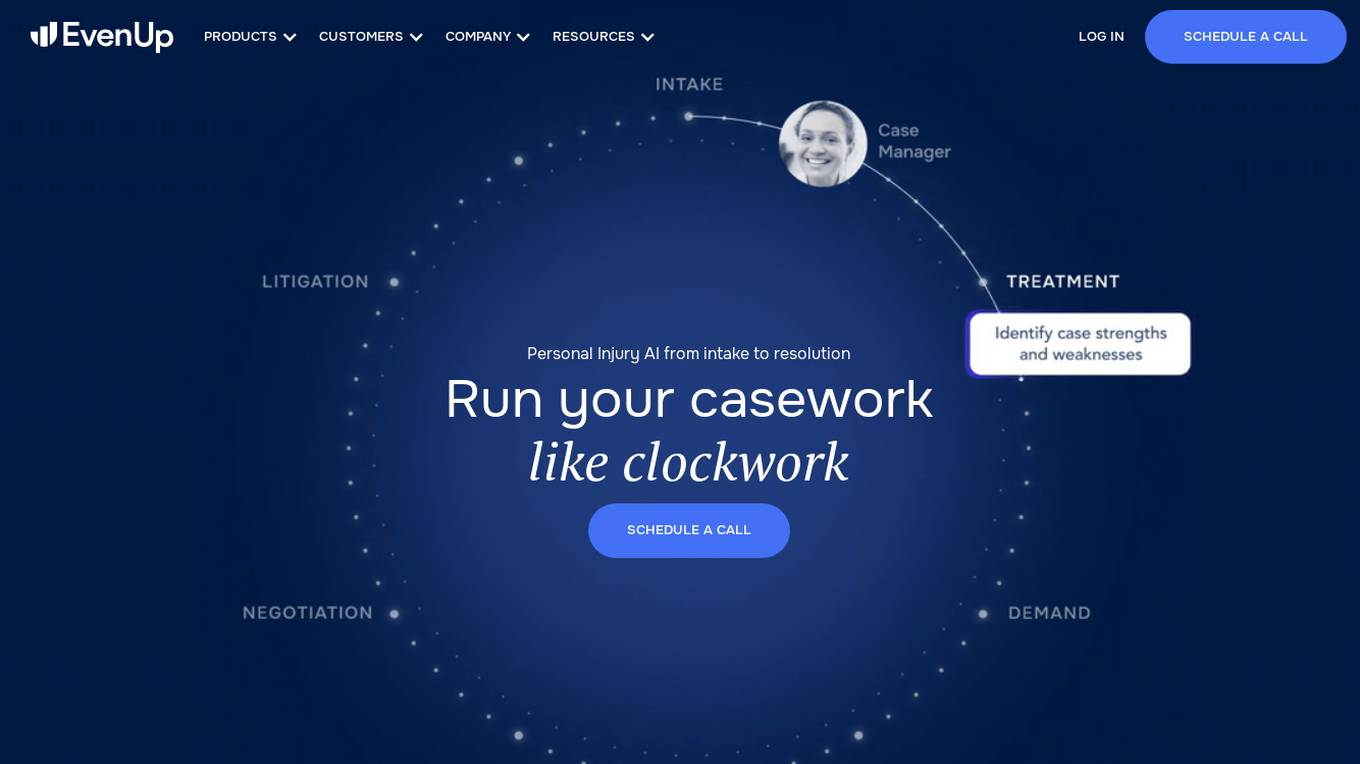
Evenup
Evenup is a personal injury AI application that offers a suite of products designed to streamline the entire process from case intake to resolution. It provides AI-powered tools for demand letters, medical chronologies, analytics, case preparation, negotiation preparation, and settlement outcomes. Evenup aims to empower personal injury lawyers and firms with accurate insights and data-driven solutions to enhance case outcomes and efficiency.
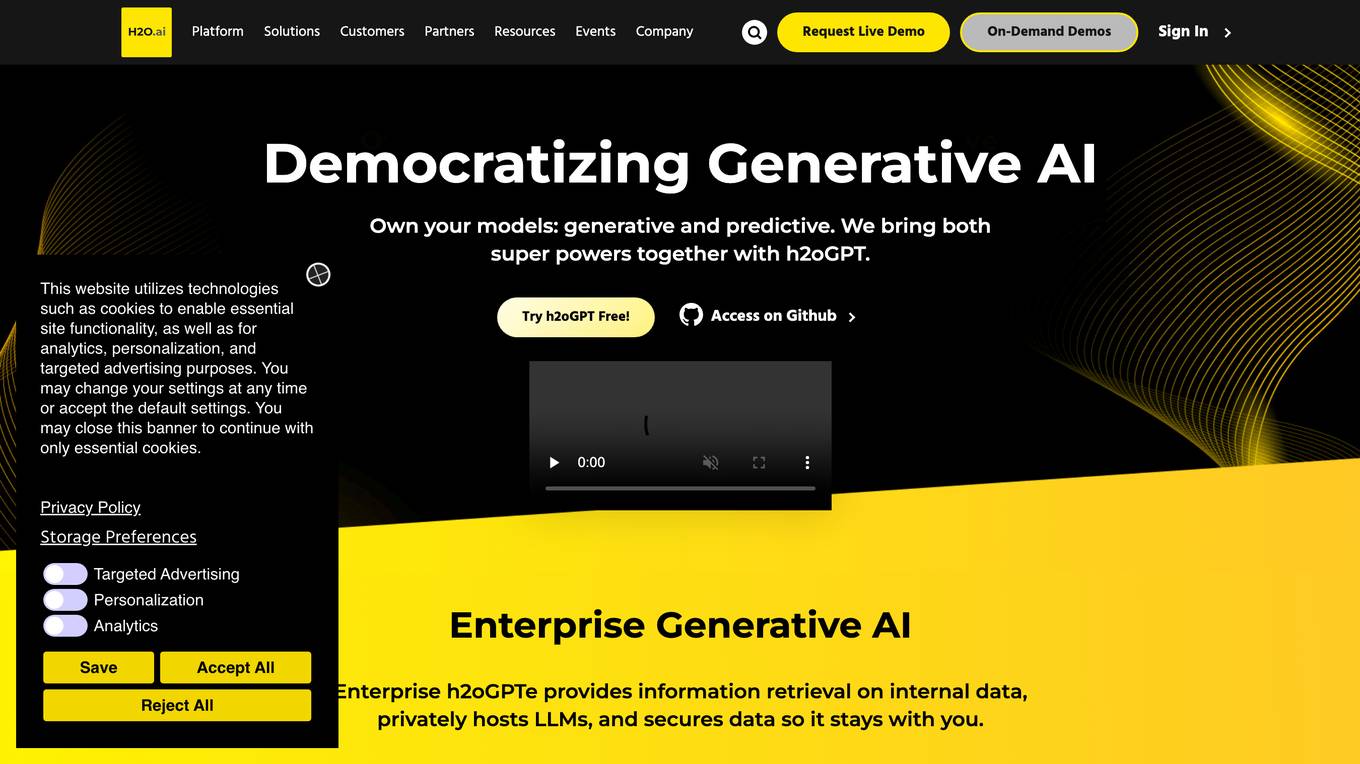
H2O.ai
H2O.ai is a leading platform that offers a convergence of the world's best predictive and generative AI solutions for private and protected data. The platform provides a wide range of AI agents, digital assistants, business insights, predictive AI tools, and solutions for model builders, data scientists, and enterprise developers. H2O.ai is known for its innovative AI technologies that empower organizations to accelerate model development, train custom models, and manage the full ML lifecycle. With a focus on privacy and security, H2O.ai is trusted by banks, telcos, and government agencies worldwide.
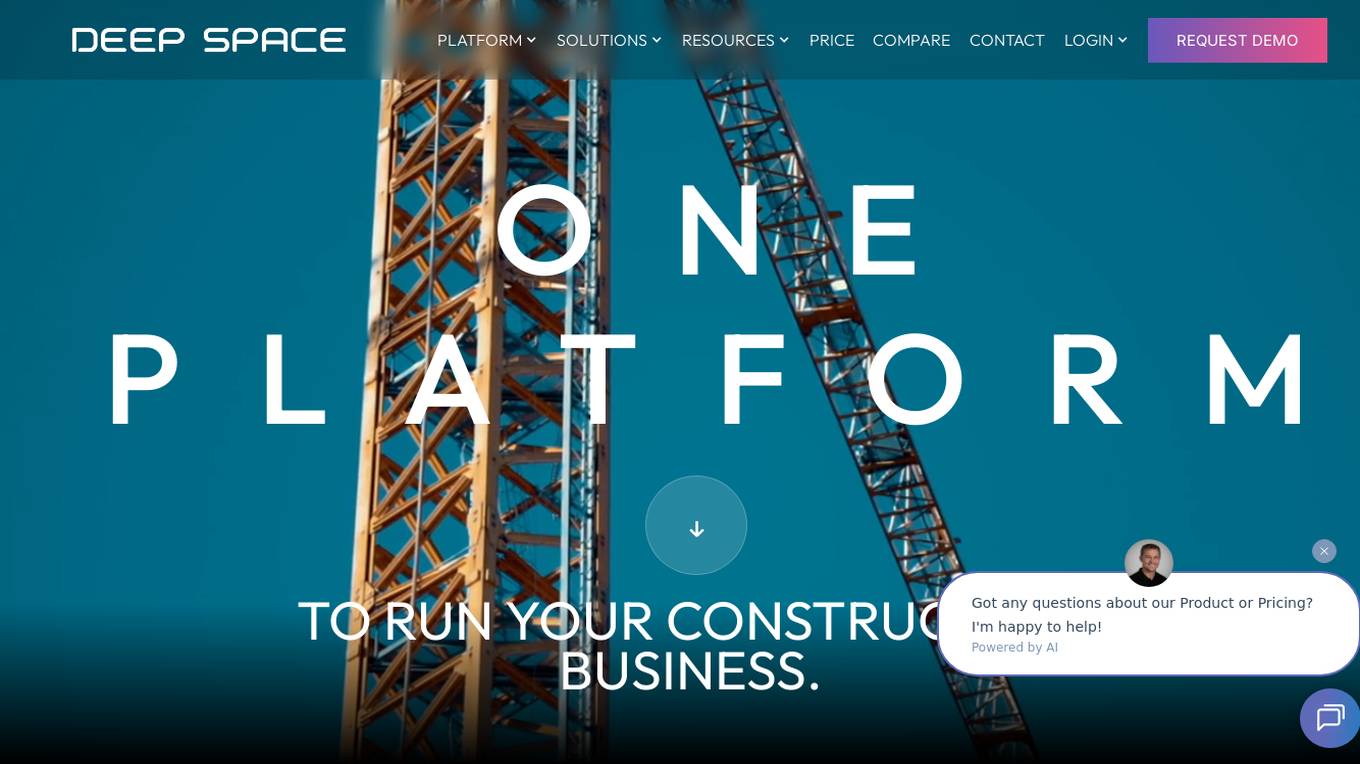
Deep Space
Deep Space is an all-in-one AI-powered construction management software platform designed for mid-sized commercial builders in Australia and New Zealand. It replaces the need for multiple tools by providing a connected operating system that integrates costings, schedules, site teams, and systems. The platform offers features such as preconstruction, scheduling, procurement, commercial delivery, documentation, HSEQ reporting, and AI assistant solutions. Deep Space aims to streamline project management processes, improve visibility, and enhance coordination across the full project lifecycle.

Azure AI Platform
Azure AI Platform by Microsoft offers a comprehensive suite of artificial intelligence services and tools for developers and businesses. It provides a unified platform for building, training, and deploying AI models, as well as integrating AI capabilities into applications. With a focus on generative AI, multimodal models, and large language models, Azure AI empowers users to create innovative AI-driven solutions across various industries. The platform also emphasizes content safety, scalability, and agility in managing AI projects, making it a valuable resource for organizations looking to leverage AI technologies.
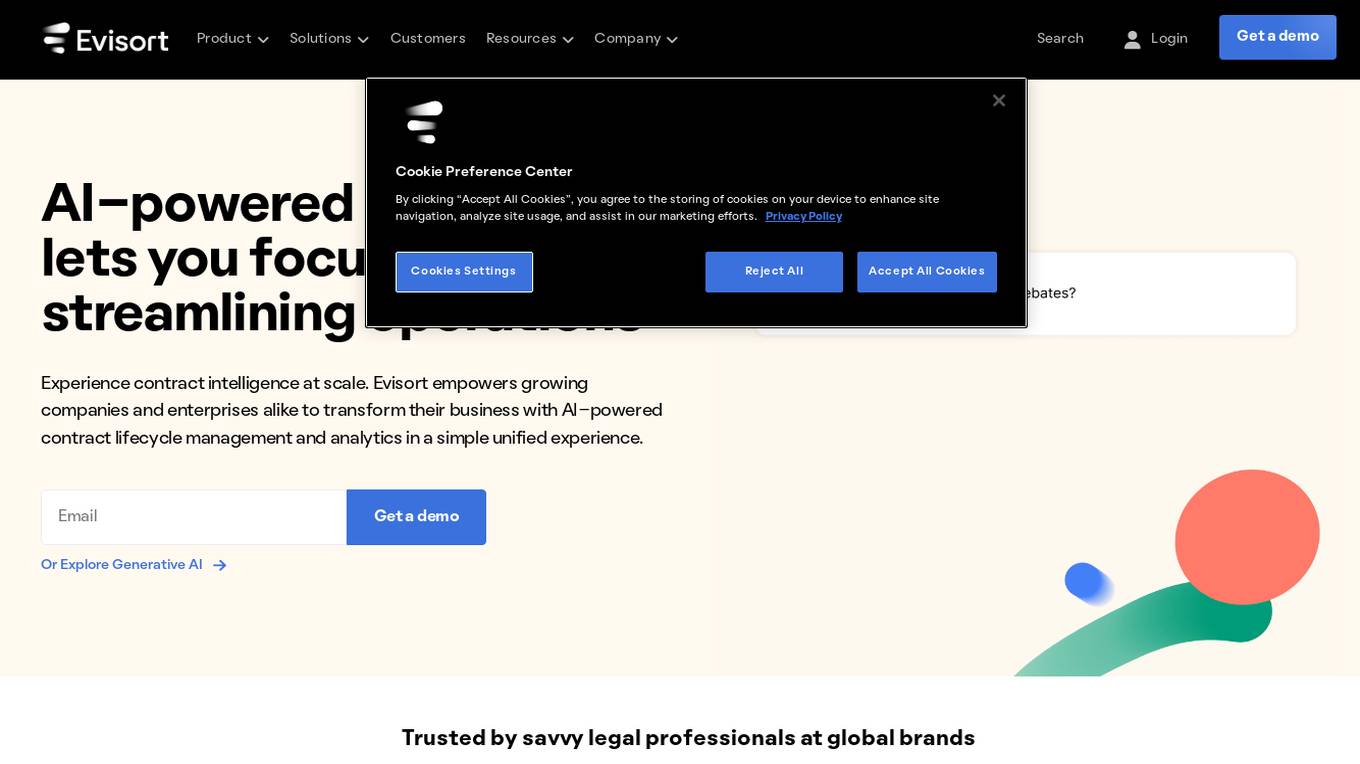
Evisort
Evisort is an AI-powered contract management software that simplifies contract management at every stage. It offers a complete, AI-native platform for end-to-end contract lifecycle management, including the first large language model built specifically for contracts. Evisort's AI capabilities enable users to ask questions about their contracts in simple, natural language and get clear, reasoned answers. It can also track terms of interest across all contracts and related documents, and generate data points that matter for sales, procurement, risk, and finance teams. Additionally, Evisort's AI-powered workflows automate tasks such as redlining, clause generation, and contract approvals, saving time and reducing risk.
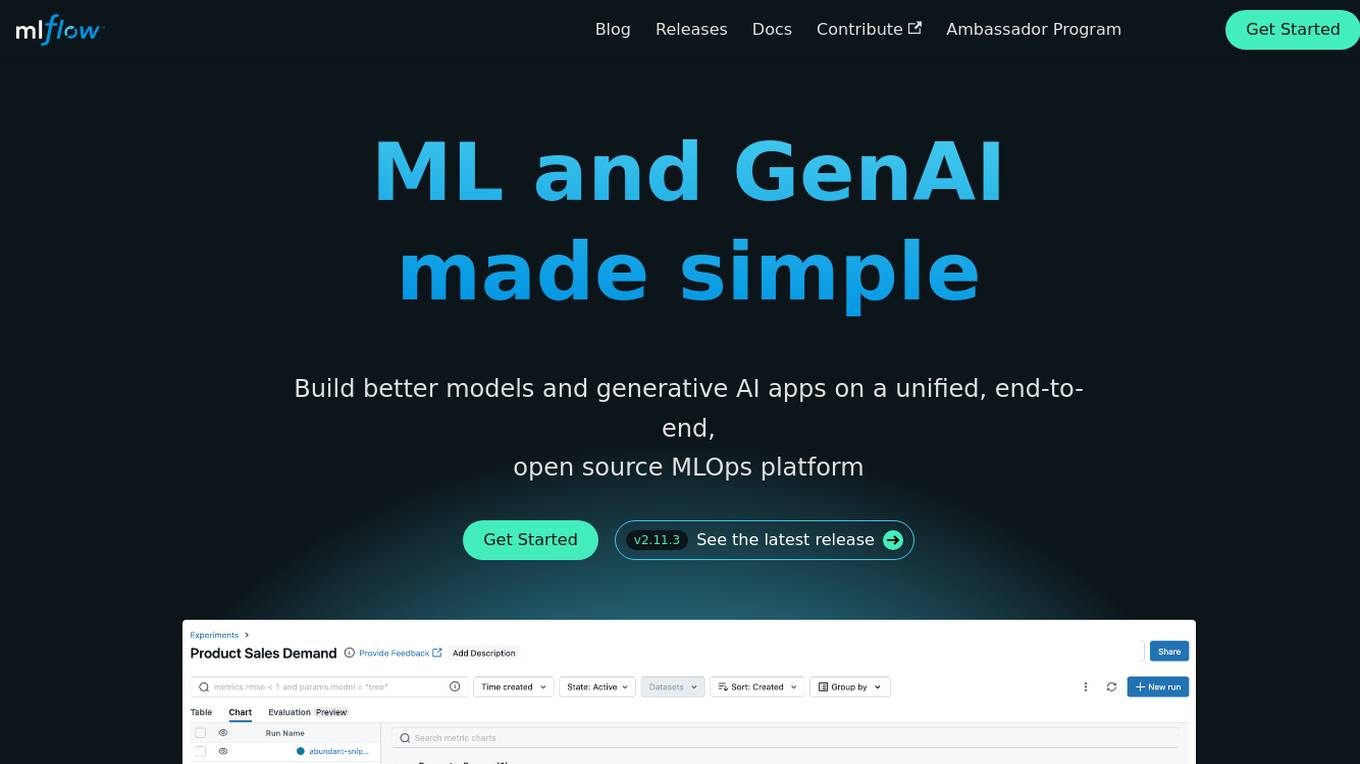
MLflow
MLflow is an open source platform for managing the end-to-end machine learning (ML) lifecycle, including tracking experiments, packaging models, deploying models, and managing model registries. It provides a unified platform for both traditional ML and generative AI applications.
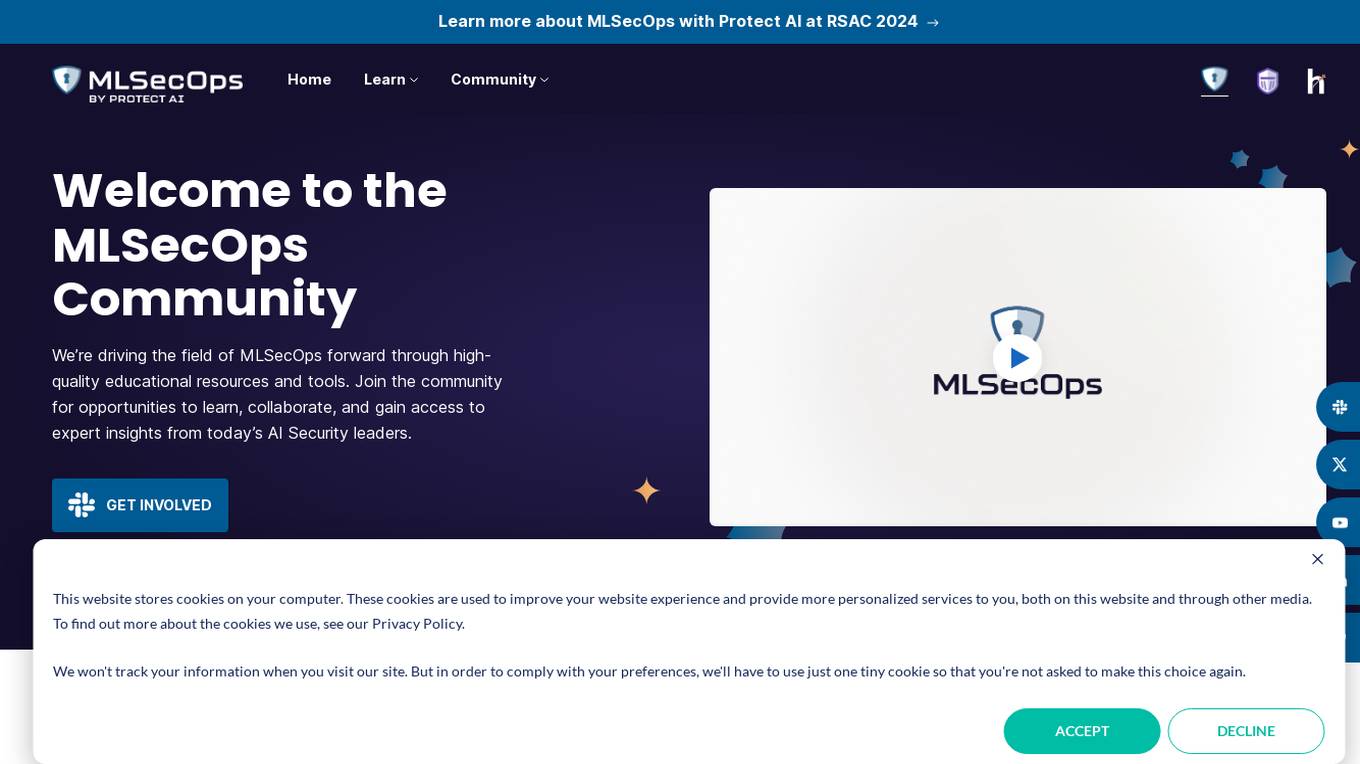
MLSecOps
MLSecOps is an AI tool designed to drive the field of MLSecOps forward through high-quality educational resources and tools. It focuses on traditional cybersecurity principles, emphasizing people, processes, and technology. The MLSecOps Community educates and promotes the integration of security practices throughout the AI & machine learning lifecycle, empowering members to identify, understand, and manage risks associated with their AI systems.
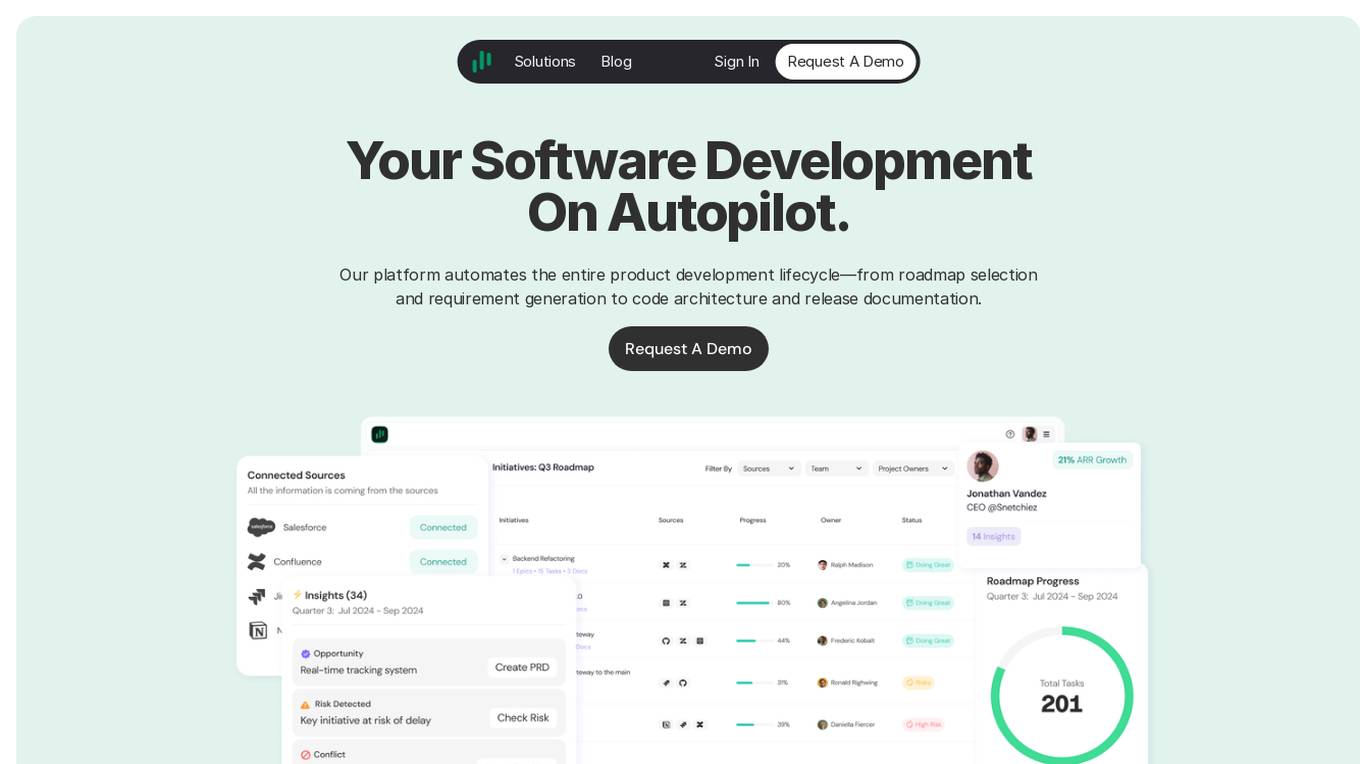
Prodmap AI
Prodmap AI is an AI-powered platform that automates the entire product development lifecycle, from roadmap selection and requirement generation to code architecture and release documentation. It helps streamline product development processes, save time, cut costs, and deliver impactful results. The platform offers features such as roadmap generation, faster roadmap planning, AI PRD generation, feature prioritization, real-time project monitoring, proactive risk management, end-to-end visibility, actionable execution insights, knowledge base, integrated tools, strategic initiative insights, custom AI agents, tailored automation, flexible AI solutions, and personalized workflows.
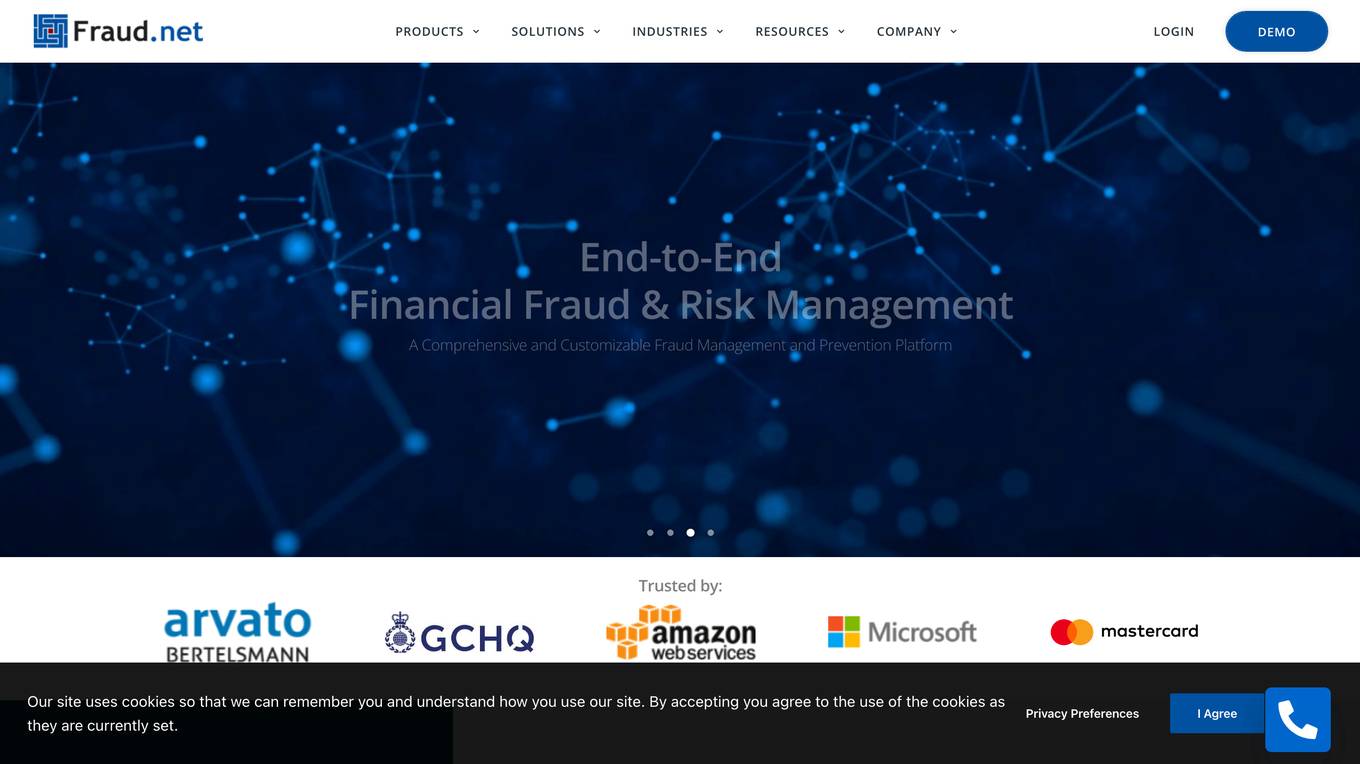
Fraud.net
Fraud.net is an AI-powered fraud detection and prevention platform designed for enterprises. It offers a comprehensive and customizable solution to manage and prevent financial fraud and risks. The platform utilizes AI and machine learning technologies to provide real-time monitoring, analytics, and reporting, helping businesses in various industries to combat fraud effectively. Fraud.net's solutions are trusted by CEOs, directors, technology and security officers, fraud managers, and analysts to ensure trust and beat fraud at every step of the customer lifecycle.
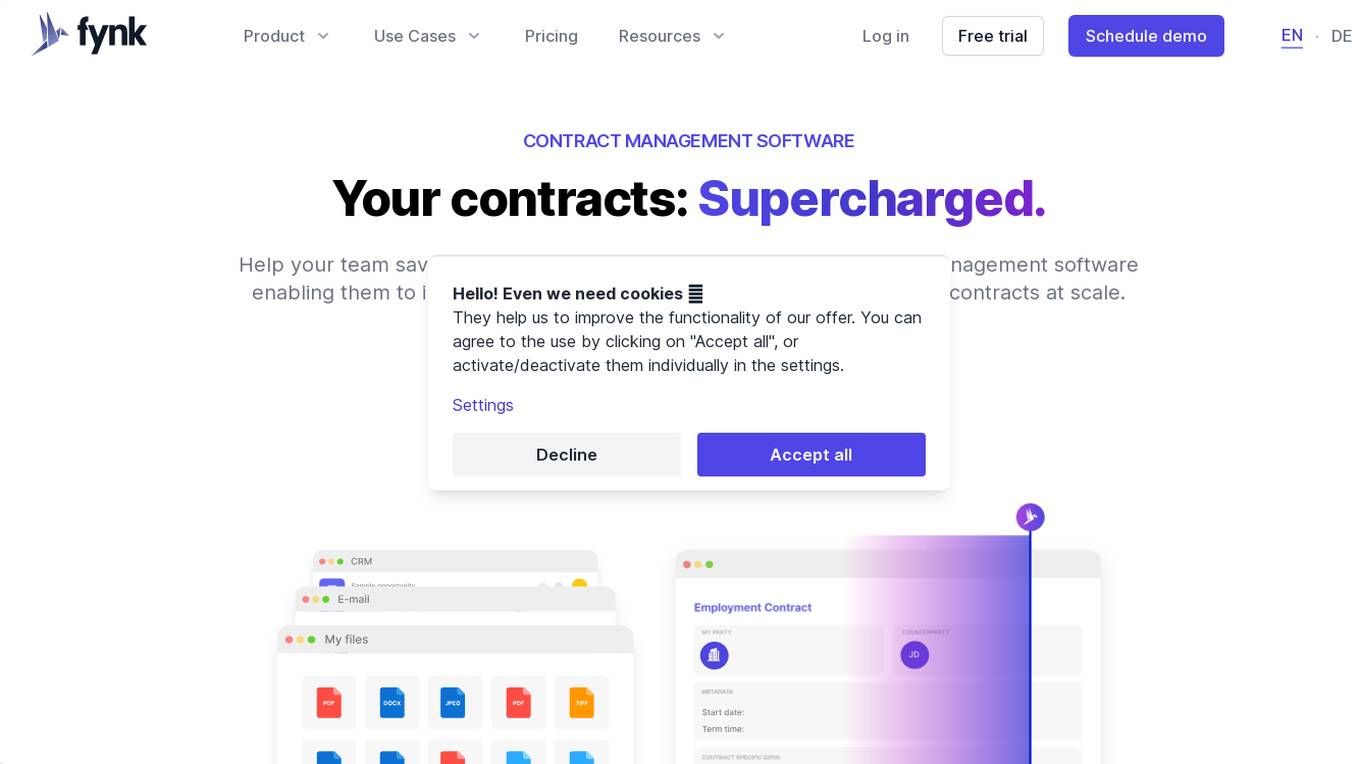
fynk
fynk is an AI Contract Management Software that offers a comprehensive solution for importing, drafting, reviewing, tracking, signing, analyzing, and managing contracts at scale. It features powerful templating, dynamic content creation, real-time collaboration, electronic signature, and various integrations. The software leverages AI technology for automated contract analysis, reducing manual processes and providing valuable insights throughout the contract lifecycle. fynk is designed to meet the specific requirements of European businesses, ensuring data protection and GDPR compliance. It aims to streamline contract workflows, save time, and enhance productivity for teams across different departments.
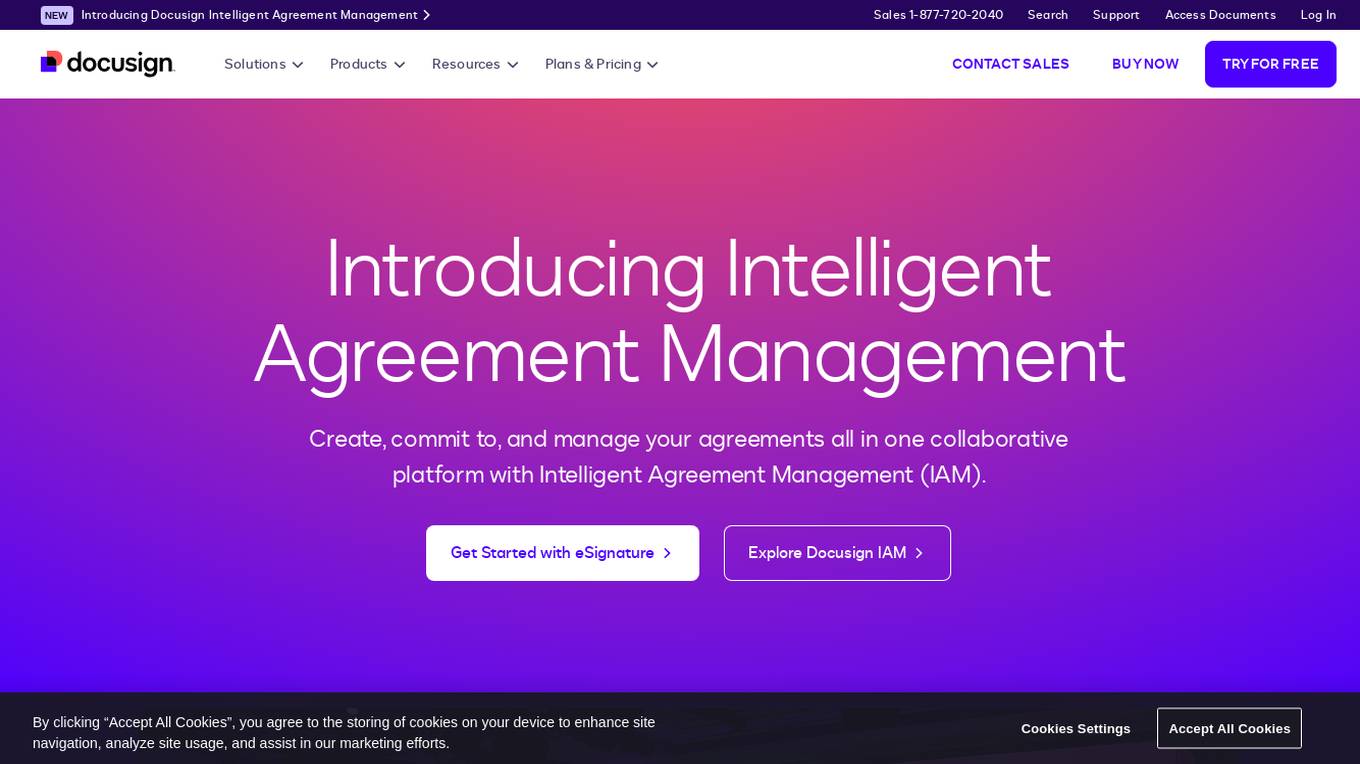
DocuSign
DocuSign is an electronic signature and contract lifecycle management company. It offers a suite of applications designed to help businesses of all sizes create, commit to, and manage agreements. DocuSign's Intelligent Agreement Management (IAM) platform leverages AI and integrates with existing business platforms to transform how businesses manage agreements. DocuSign's products and services include eSignature, contract lifecycle management, document generation, web forms, electronic notarization, multi-channel delivery, APIs, and platform services.
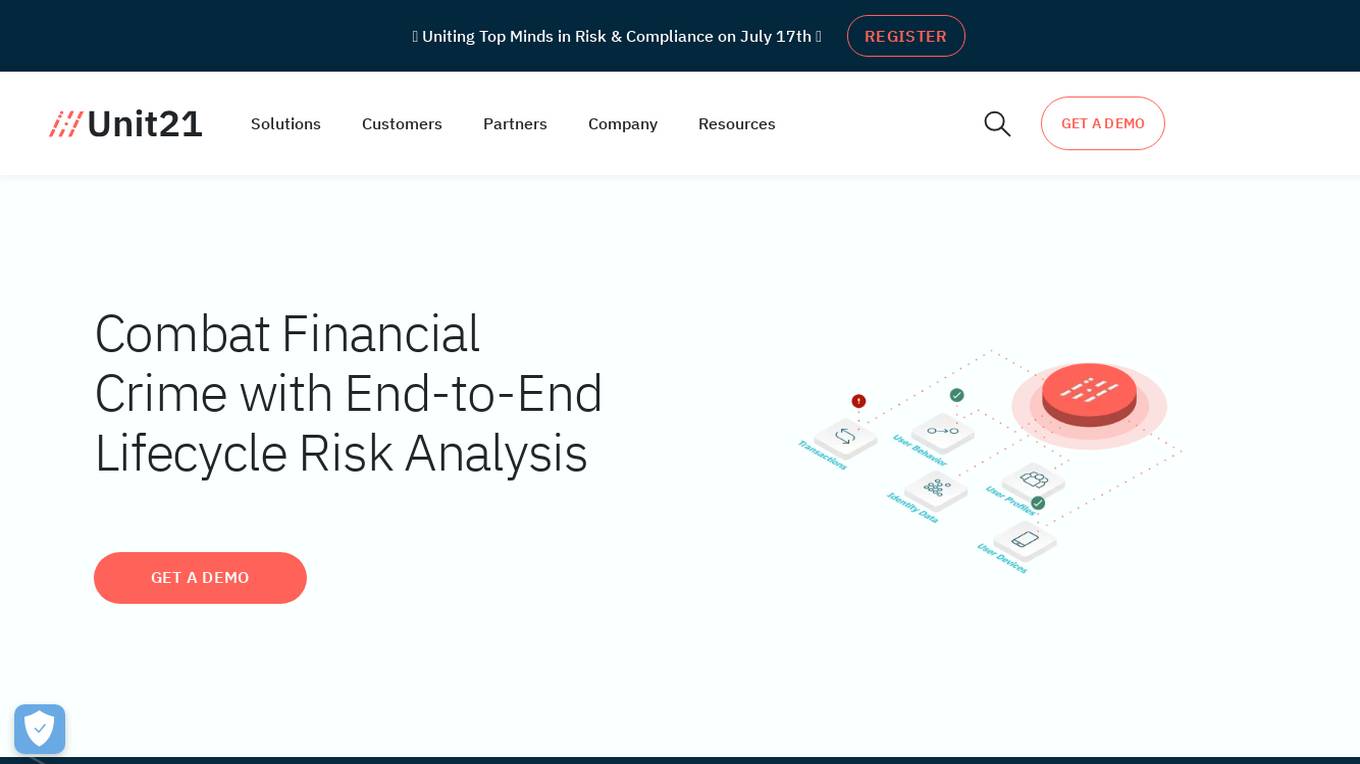
Unit21
Unit21 is a customizable no-code platform designed for risk and compliance operations. It empowers organizations to combat financial crime by providing end-to-end lifecycle risk analysis, fraud prevention, case management, and real-time monitoring solutions. The platform offers features such as AI Copilot for alert prioritization, Ask Your Data for data analysis, Watchlist & Sanctions for ongoing screening, and more. Unit21 focuses on fraud prevention and AML compliance, simplifying operations and accelerating investigations to respond to financial threats effectively and efficiently.
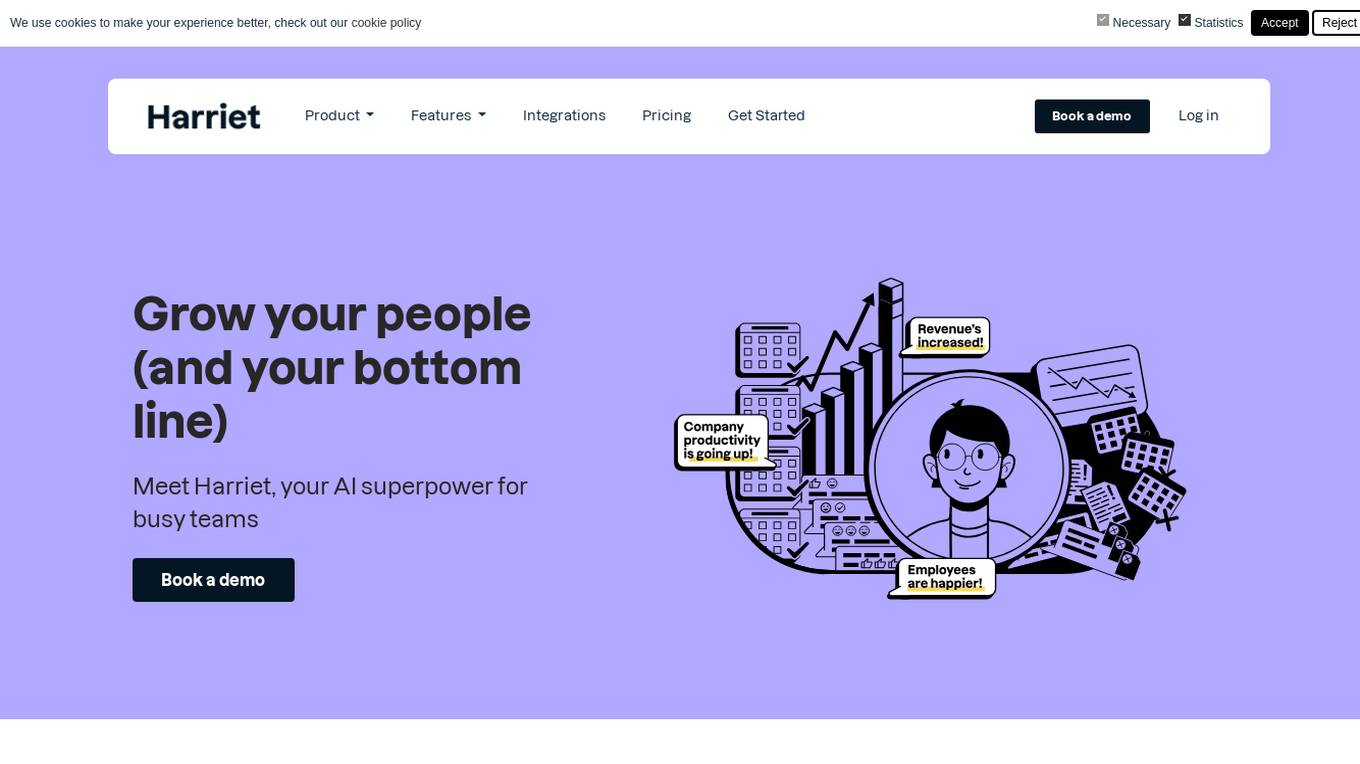
Harriet
Harriet is an AI-powered employee experience platform designed to engage teams and provide seamless support. It offers instant AI support, HR ticketing system, knowledge management, automated employee lifecycle, people calendar planner, analytics, and insights. Harriet aims to make employees' lives easier by providing quick responses, seamless automation, and accurate information through various communication channels like Slack, Teams, GChat, and SMS. The platform is integrated with HR systems, trained on company policies, and offers 24/7 support. Harriet helps organizations improve productivity, employee satisfaction, and operational efficiency.
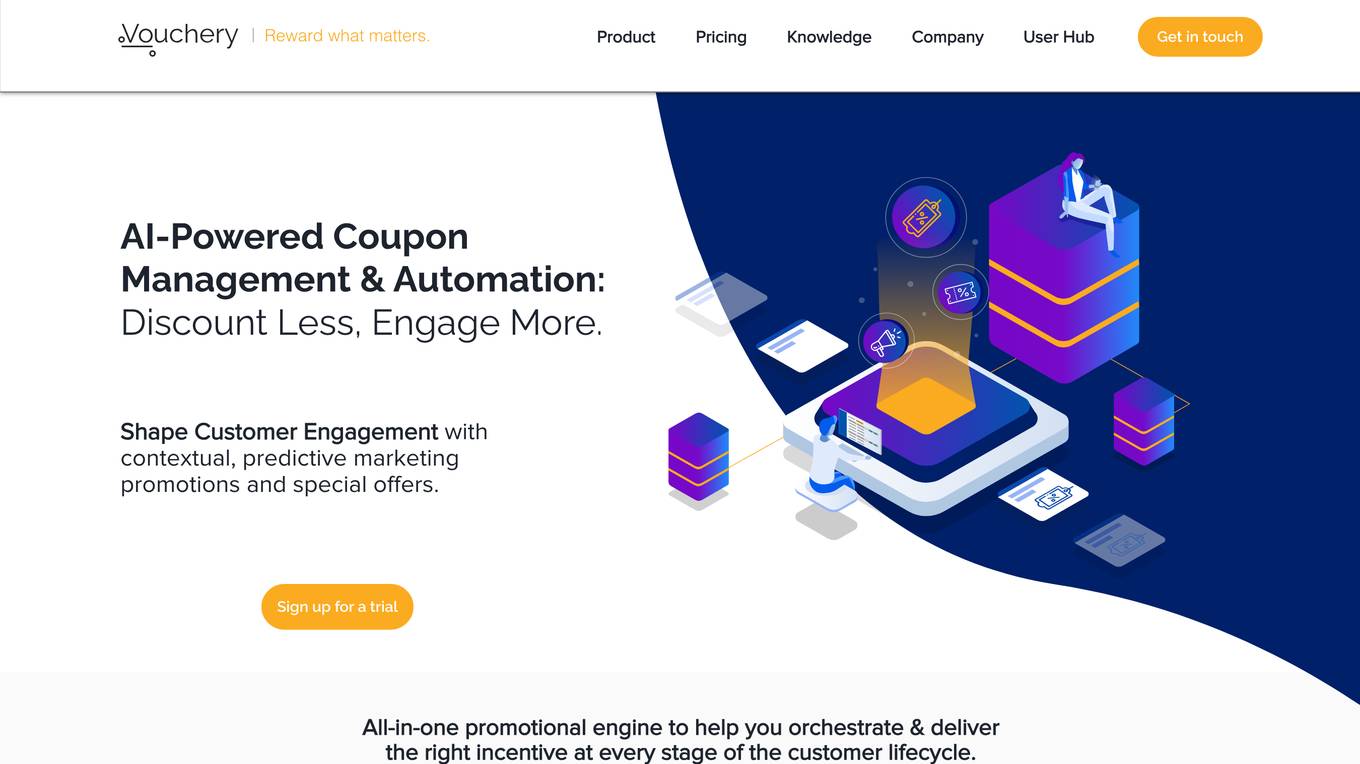
Vouchery.io
Vouchery.io is an all-in-one promotional engine designed to help businesses orchestrate and deliver the right incentives at every stage of the customer lifecycle. It offers a comprehensive solution for coupon and e-commerce promo management, including features like coupons & discounts, loyalty programs, gift cards & vouchers, and referral programs. With AI-powered coupon management and automation, Vouchery enables businesses to drive customer engagement through personalized incentives, increase marketing efficiency, and prevent unprofitable customers from abusing discounts. The platform also provides tools for creating, distributing, and analyzing promo campaigns, maximizing promo ROI, managing and collaborating on promotions, detecting coupon abuse, and personalizing promotions based on user segments and campaign attributes. Trusted by leading brands across various industries, Vouchery.io aims to help businesses scale their promotional infrastructure and prevent fraud through machine learning technology.
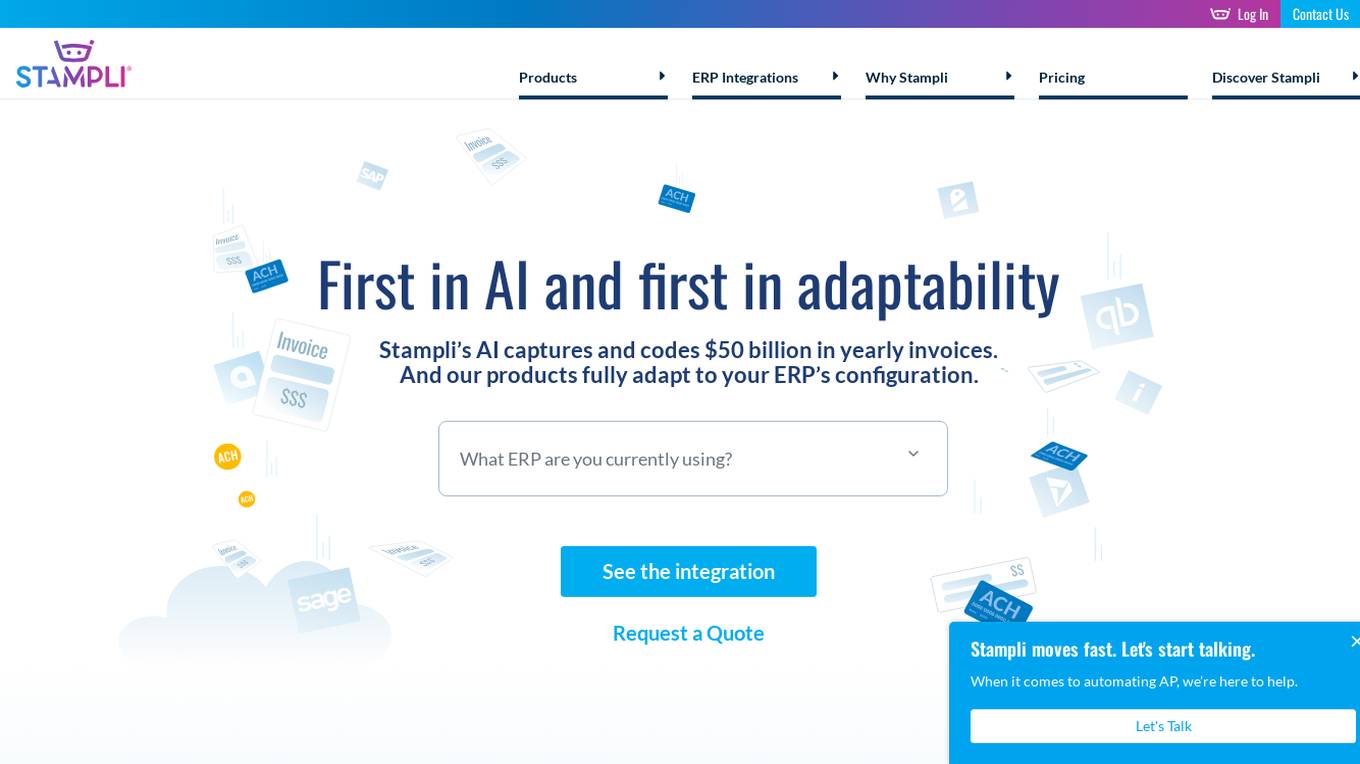
Stampli
Stampli is a leading AP Automation & Invoice Management Software that streamlines financial processes by automating invoice processing, vendor engagement, and expense management. With advanced AI capabilities, Stampli offers fast deployment, easy integration with popular ERPs, and smart features like Billy the Bot for automating manual tasks. Stampli provides visibility and control over the entire invoice lifecycle, making AP automation efficient and accurate. The platform also offers integrated products for payments, vendor management, and insightful analytics for audit readiness.
0 - Open Source AI Tools
20 - OpenAI Gpts
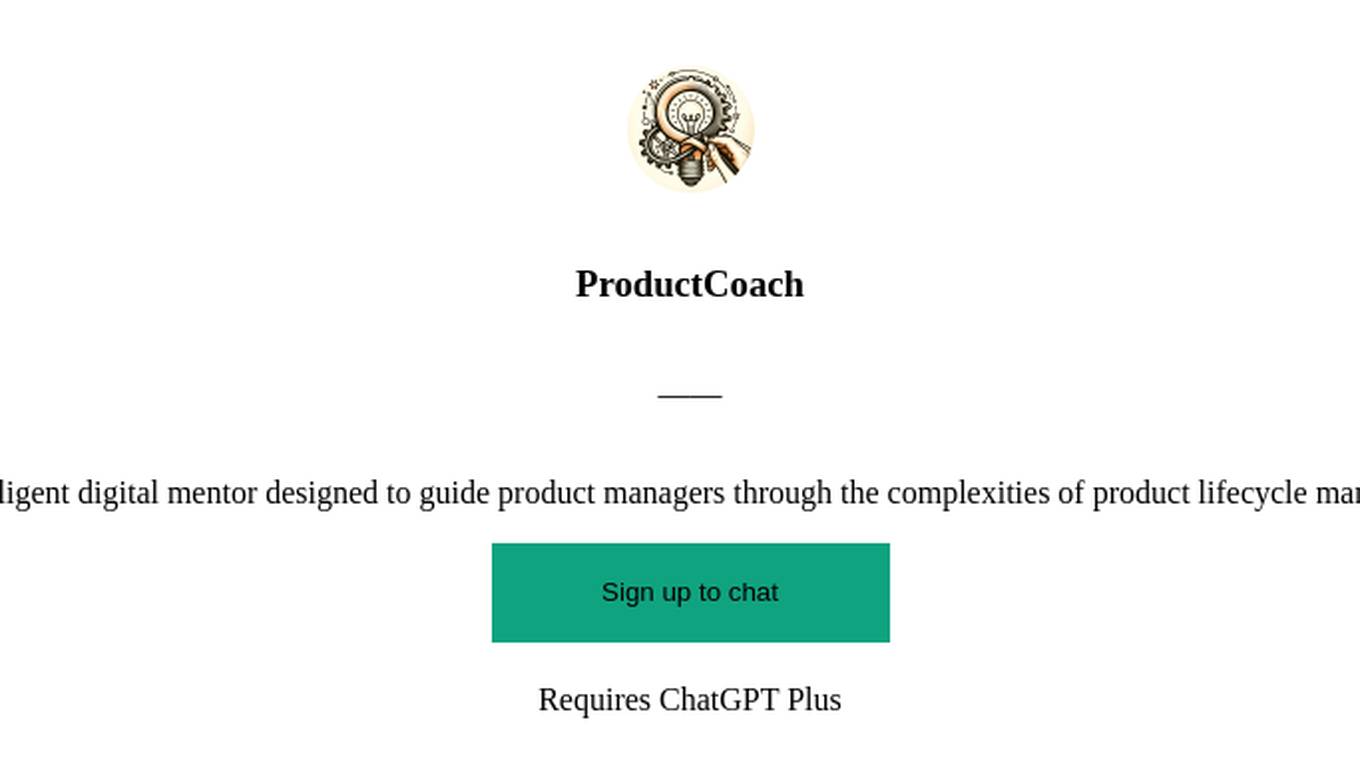
ProductCoach
An intelligent digital mentor designed to guide product managers through the complexities of product lifecycle management.
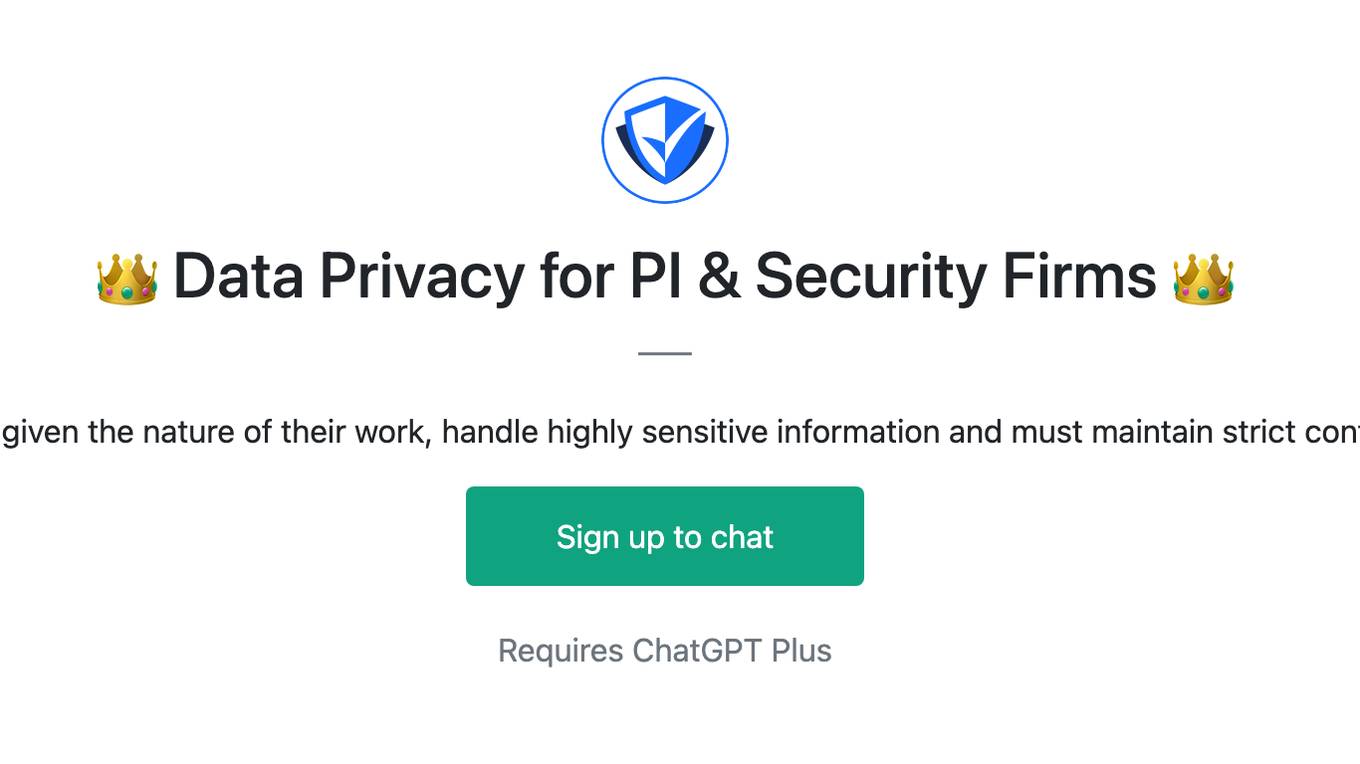
👑 Data Privacy for PI & Security Firms 👑
Private Investigators and Security Firms, given the nature of their work, handle highly sensitive information and must maintain strict confidentiality and data privacy standards.
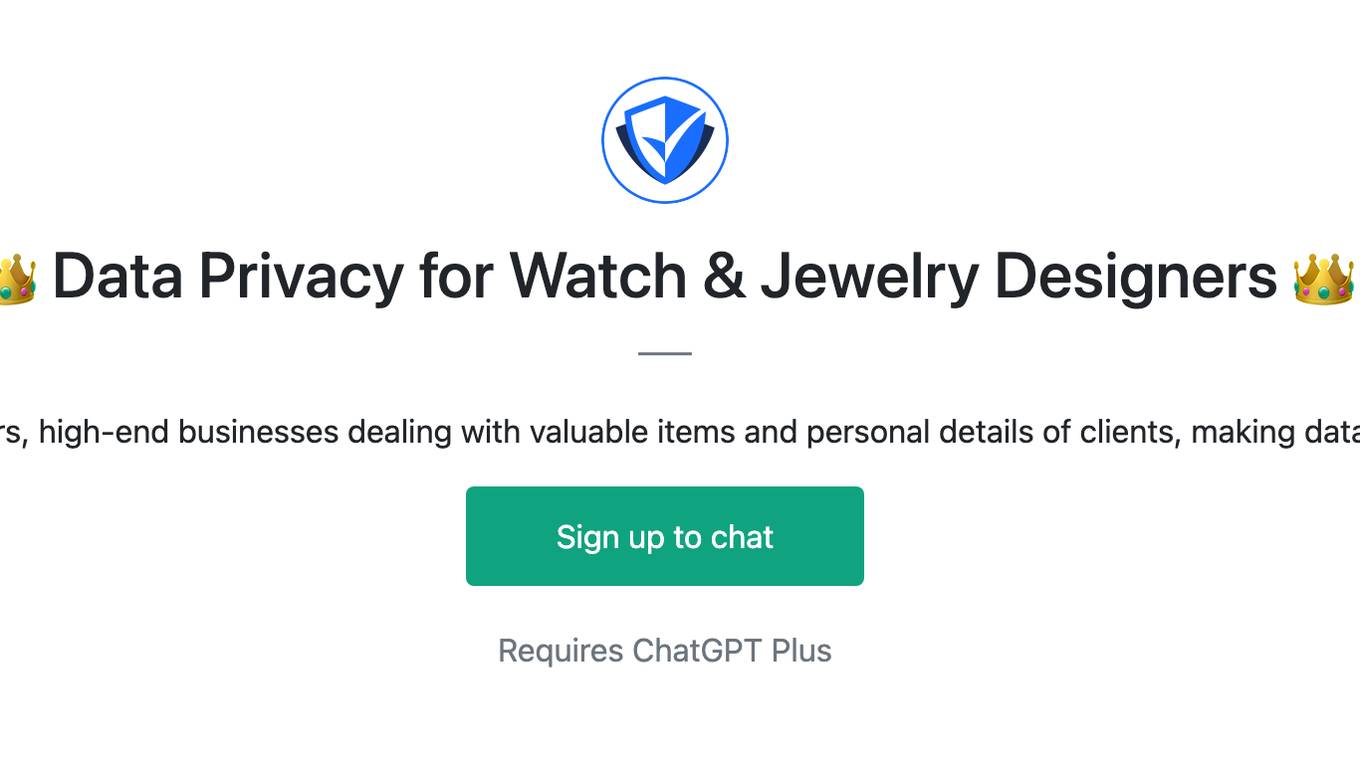
👑 Data Privacy for Watch & Jewelry Designers 👑
Watchmakers and Jewelry Designers, high-end businesses dealing with valuable items and personal details of clients, making data privacy and security paramount.
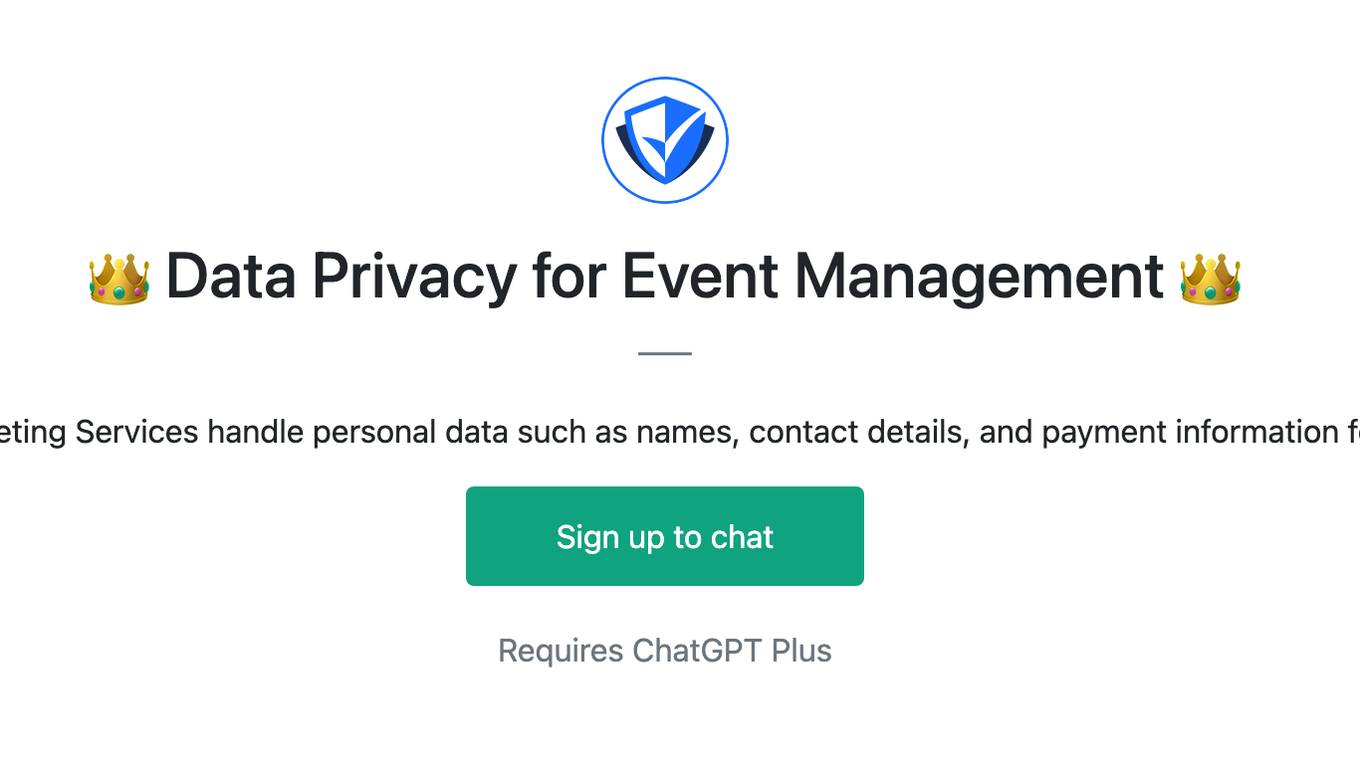
👑 Data Privacy for Event Management 👑
Data Privacy for Event Management and Ticketing Services handle personal data such as names, contact details, and payment information for event registrations and ticket purchases.
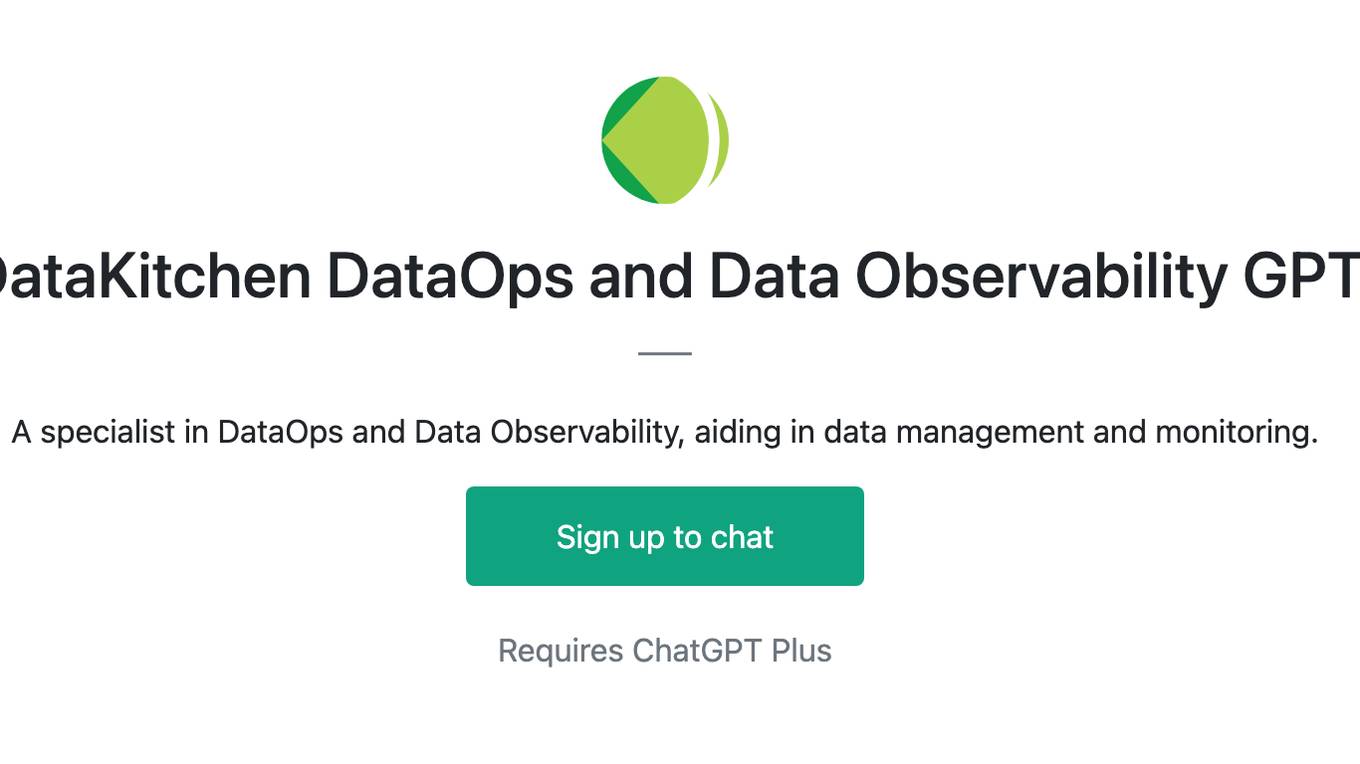
DataKitchen DataOps and Data Observability GPT
A specialist in DataOps and Data Observability, aiding in data management and monitoring.
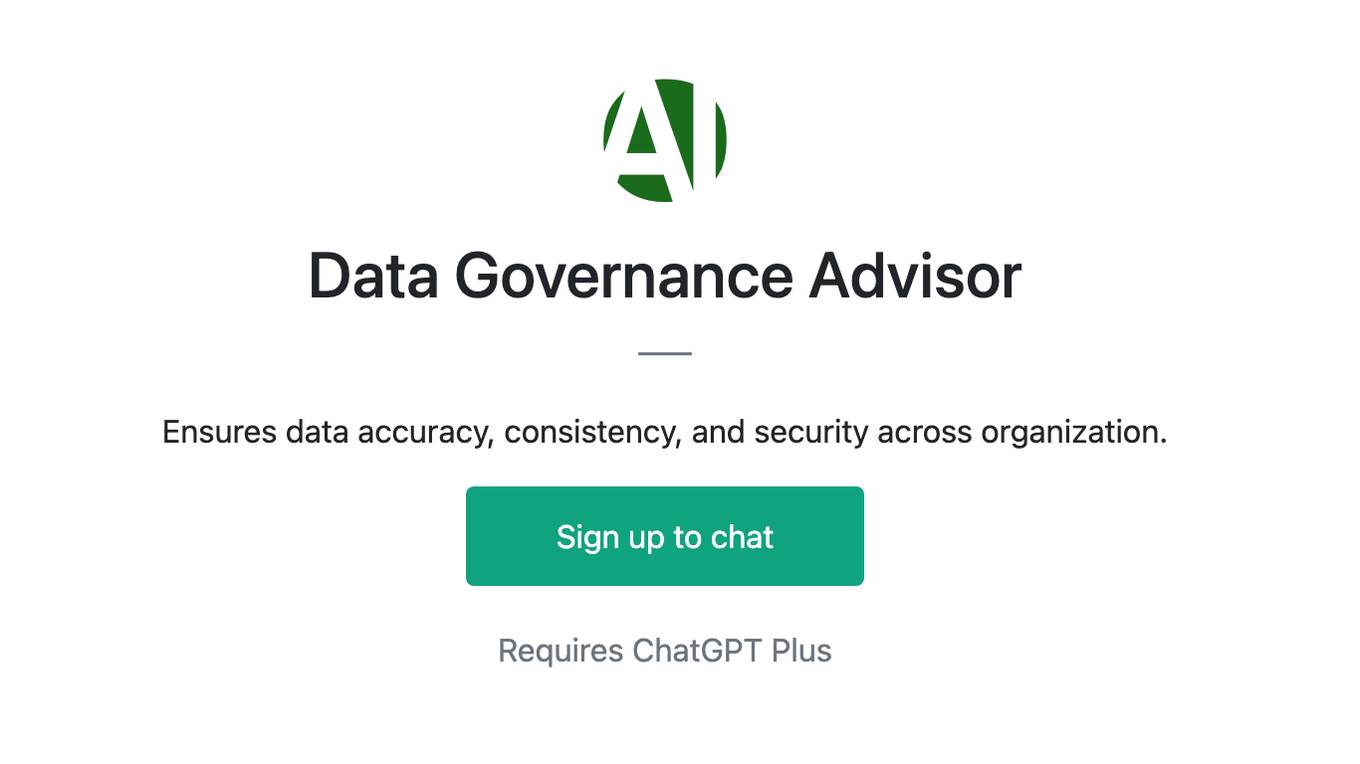
Data Governance Advisor
Ensures data accuracy, consistency, and security across organization.
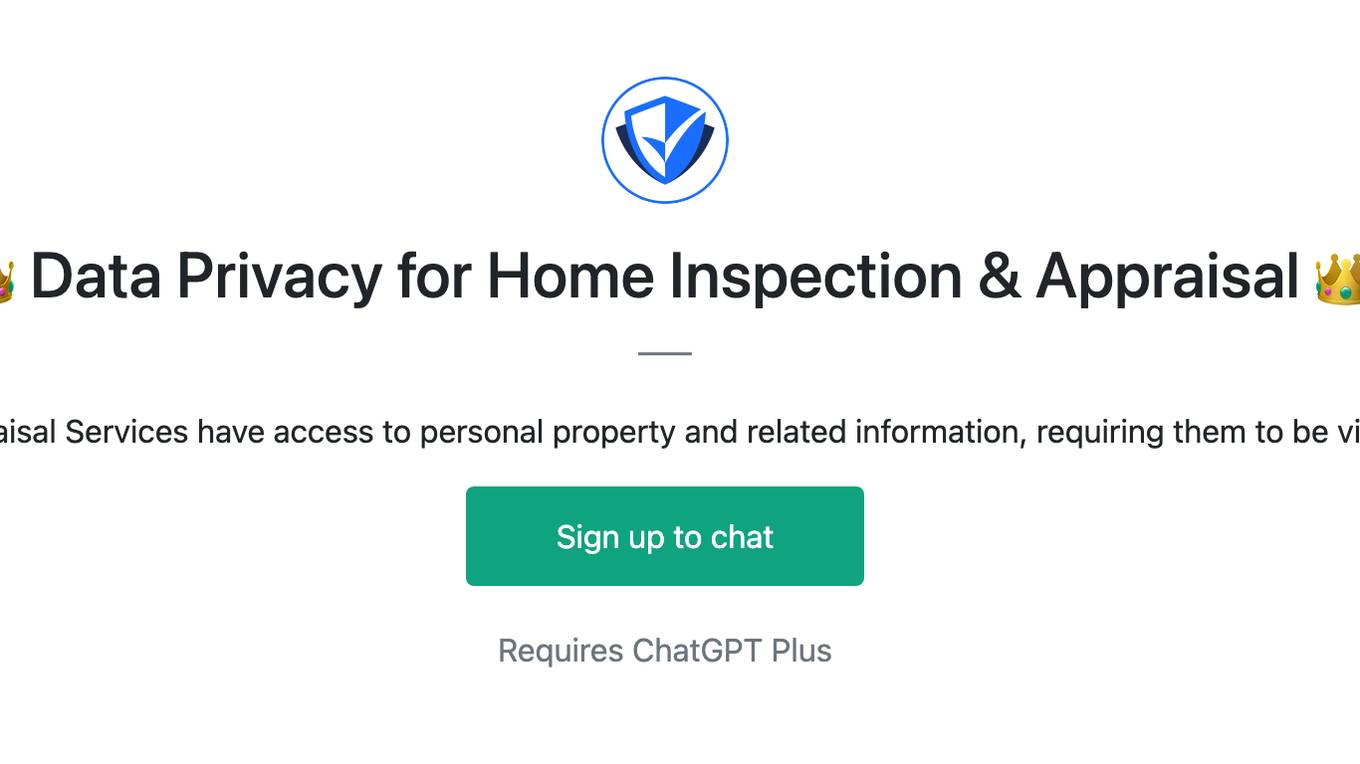
👑 Data Privacy for Home Inspection & Appraisal 👑
Home Inspection and Appraisal Services have access to personal property and related information, requiring them to be vigilant about data privacy.
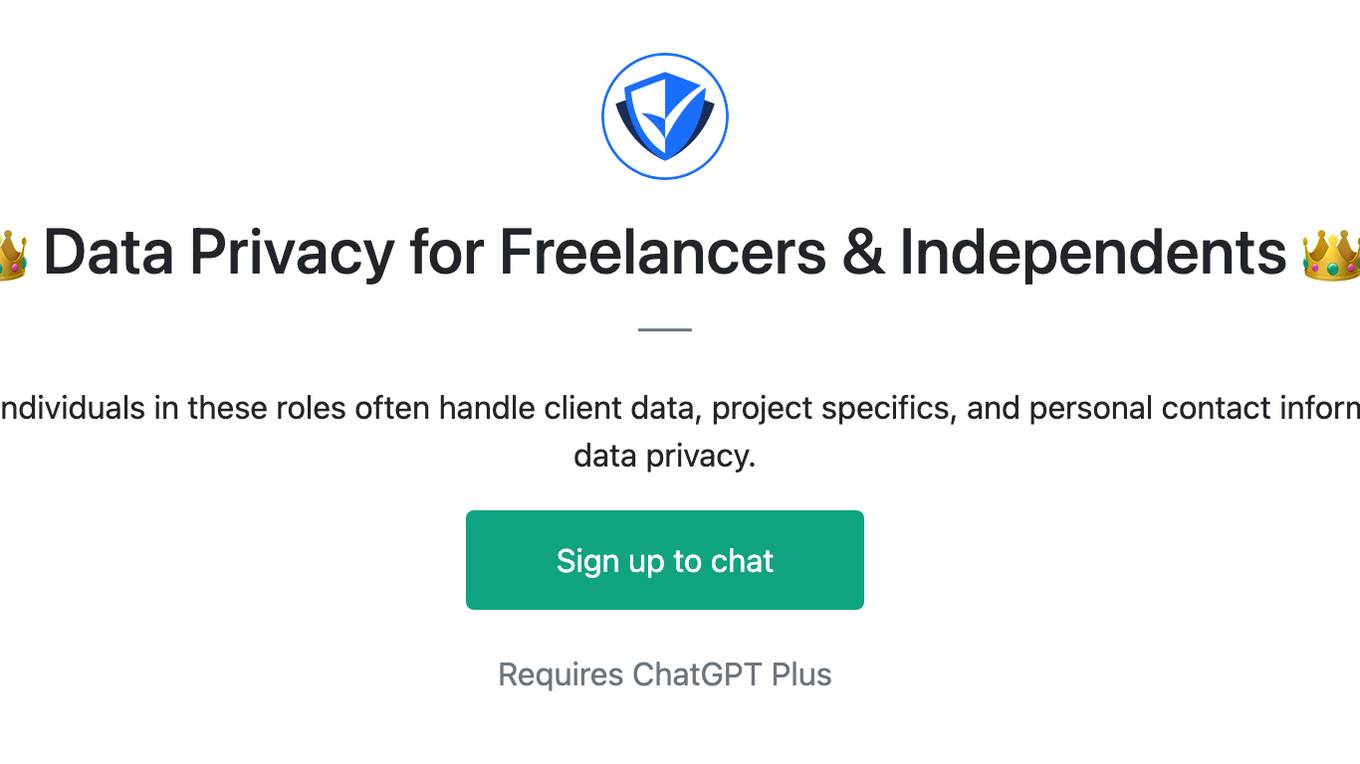
👑 Data Privacy for Freelancers & Independents 👑
Freelancers and Independent Consultants, individuals in these roles often handle client data, project specifics, and personal contact information, requiring them to be vigilant about data privacy.
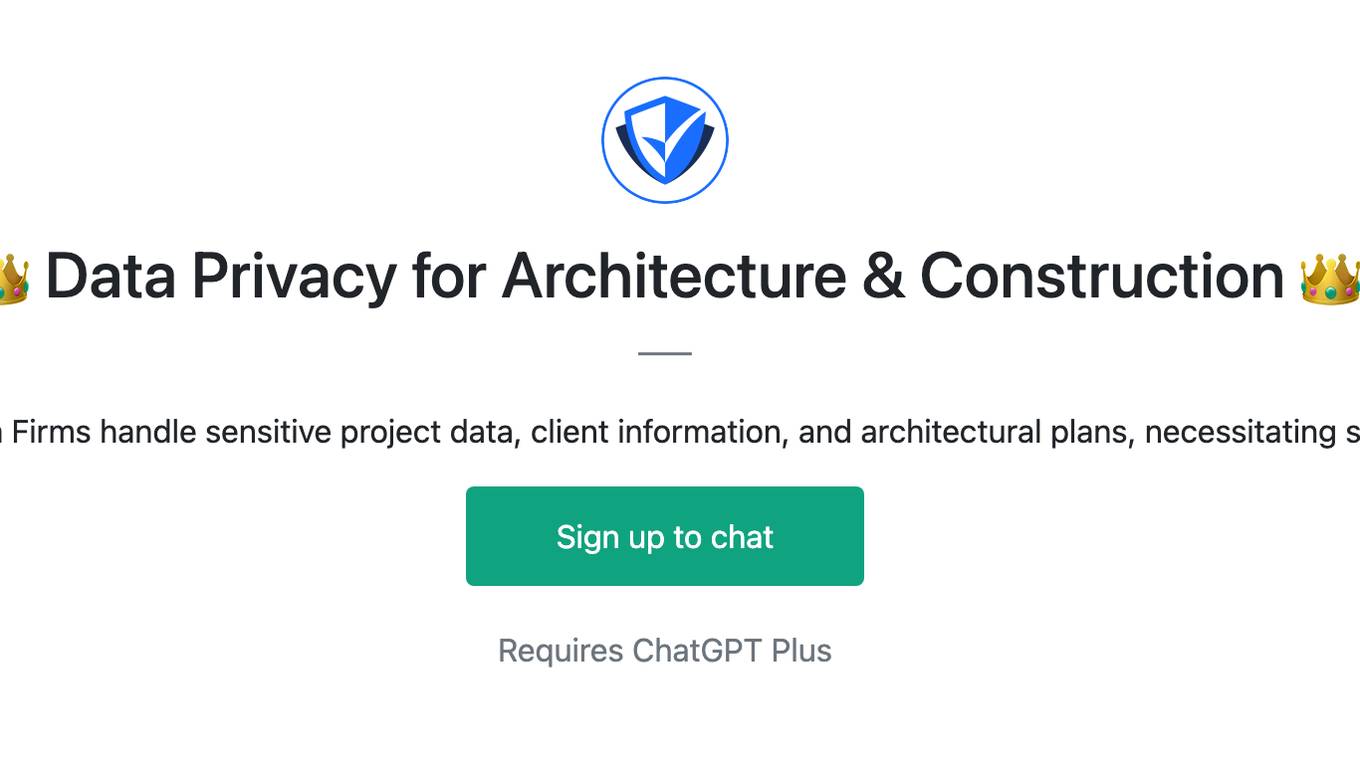
👑 Data Privacy for Architecture & Construction 👑
Architecture and Construction Firms handle sensitive project data, client information, and architectural plans, necessitating strict data privacy measures.
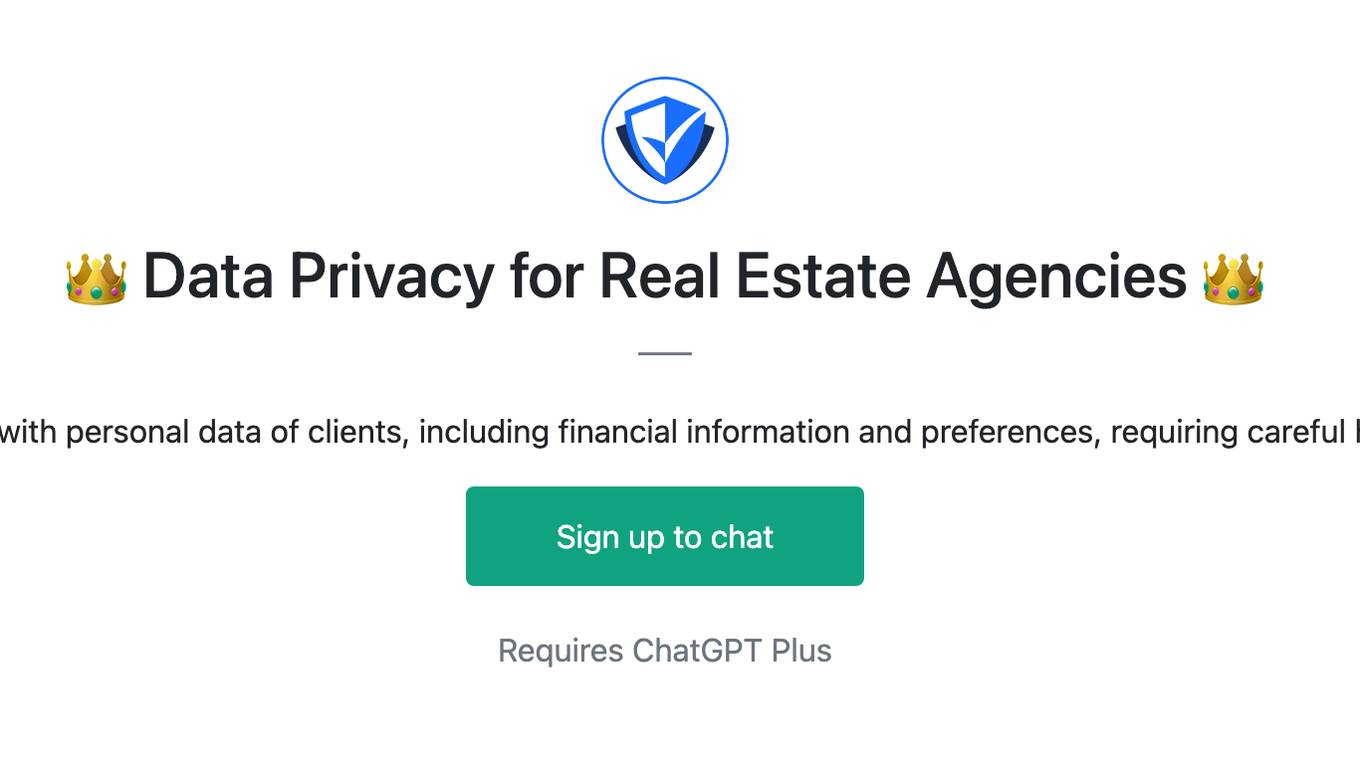
👑 Data Privacy for Real Estate Agencies 👑
Real Estate Agencies and Brokers deal with personal data of clients, including financial information and preferences, requiring careful handling and protection of such data.
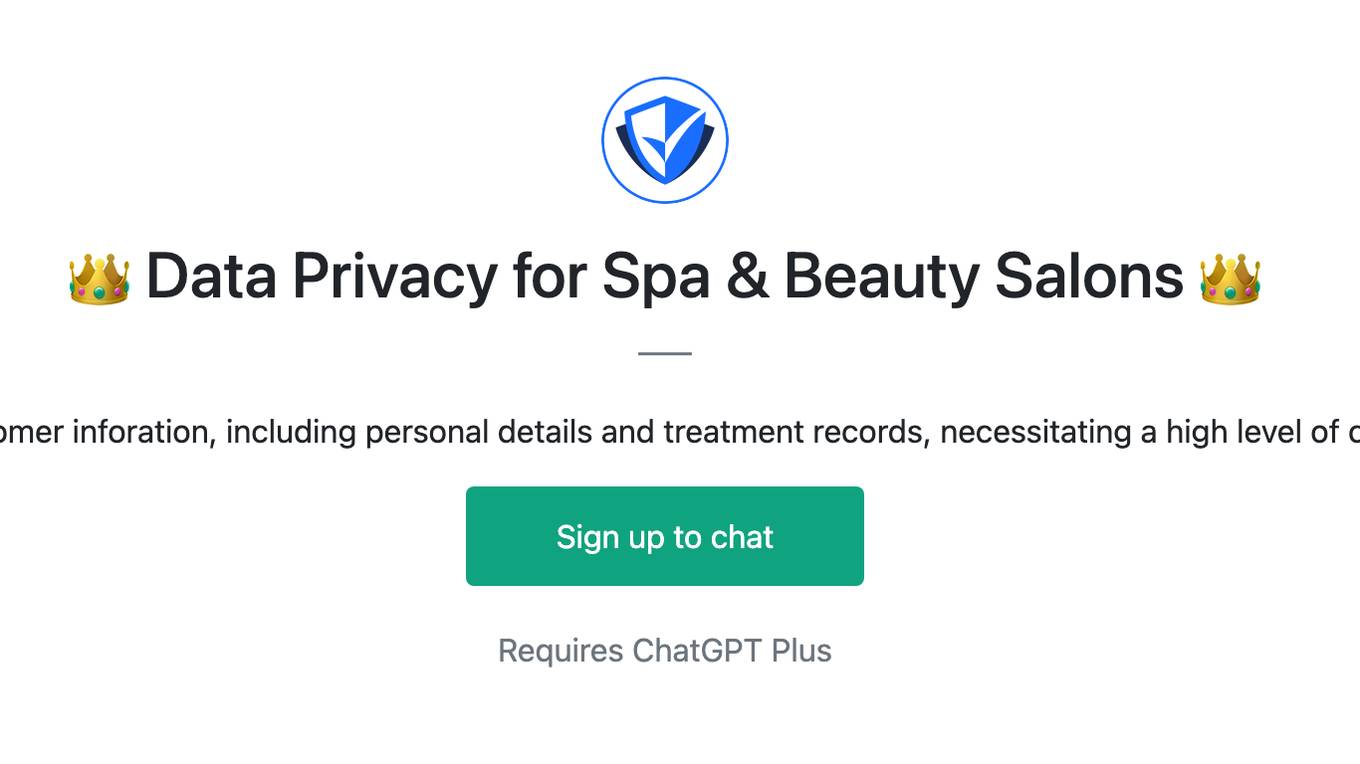
👑 Data Privacy for Spa & Beauty Salons 👑
Spa and Beauty Salons collect Customer inforation, including personal details and treatment records, necessitating a high level of confidentiality and data protection.
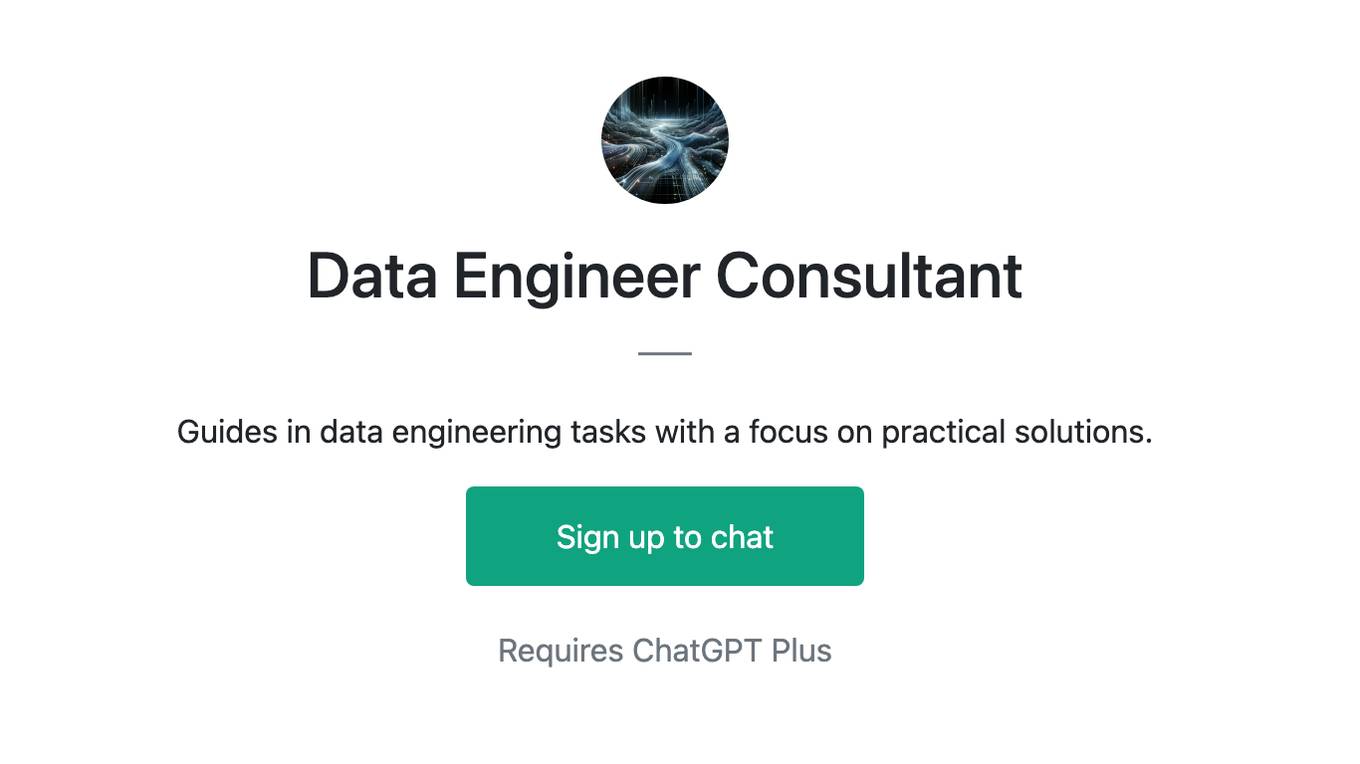
Data Engineer Consultant
Guides in data engineering tasks with a focus on practical solutions.
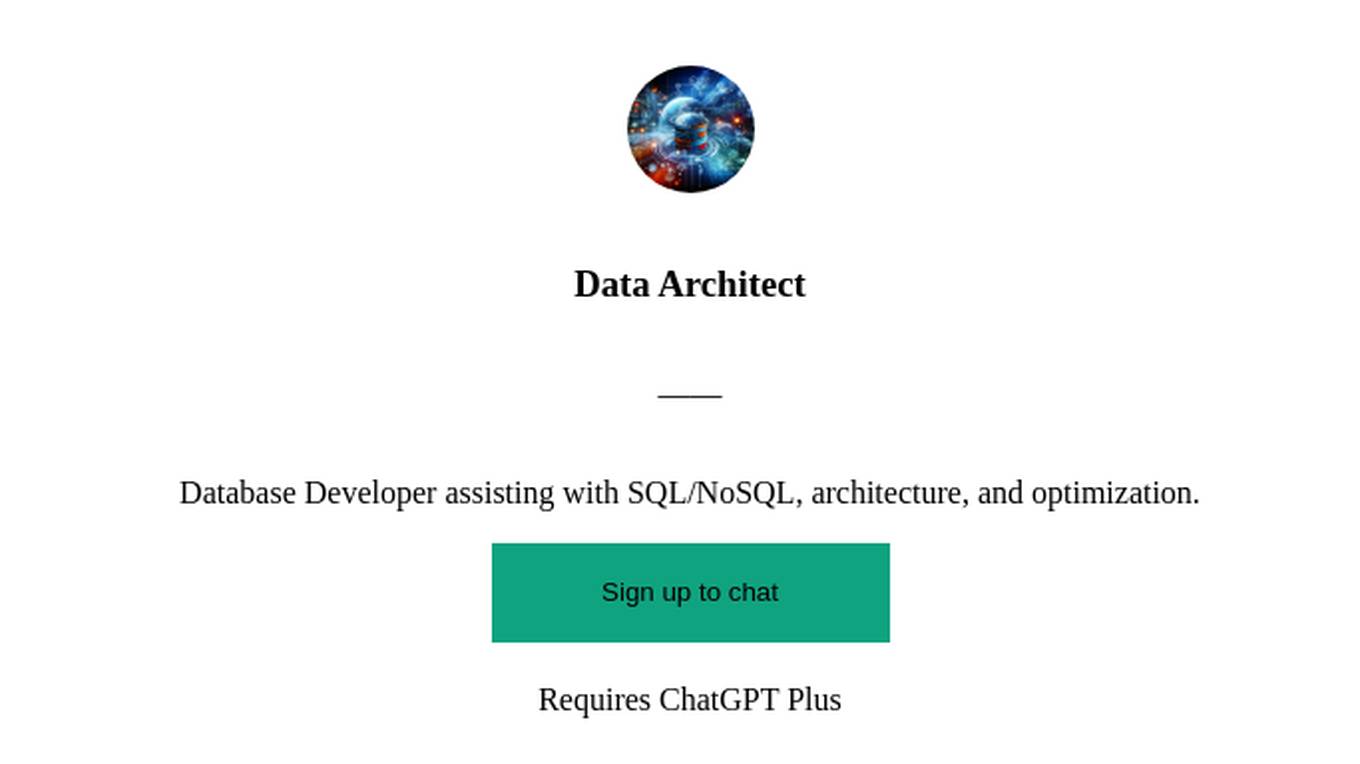
Data Architect
Database Developer assisting with SQL/NoSQL, architecture, and optimization.
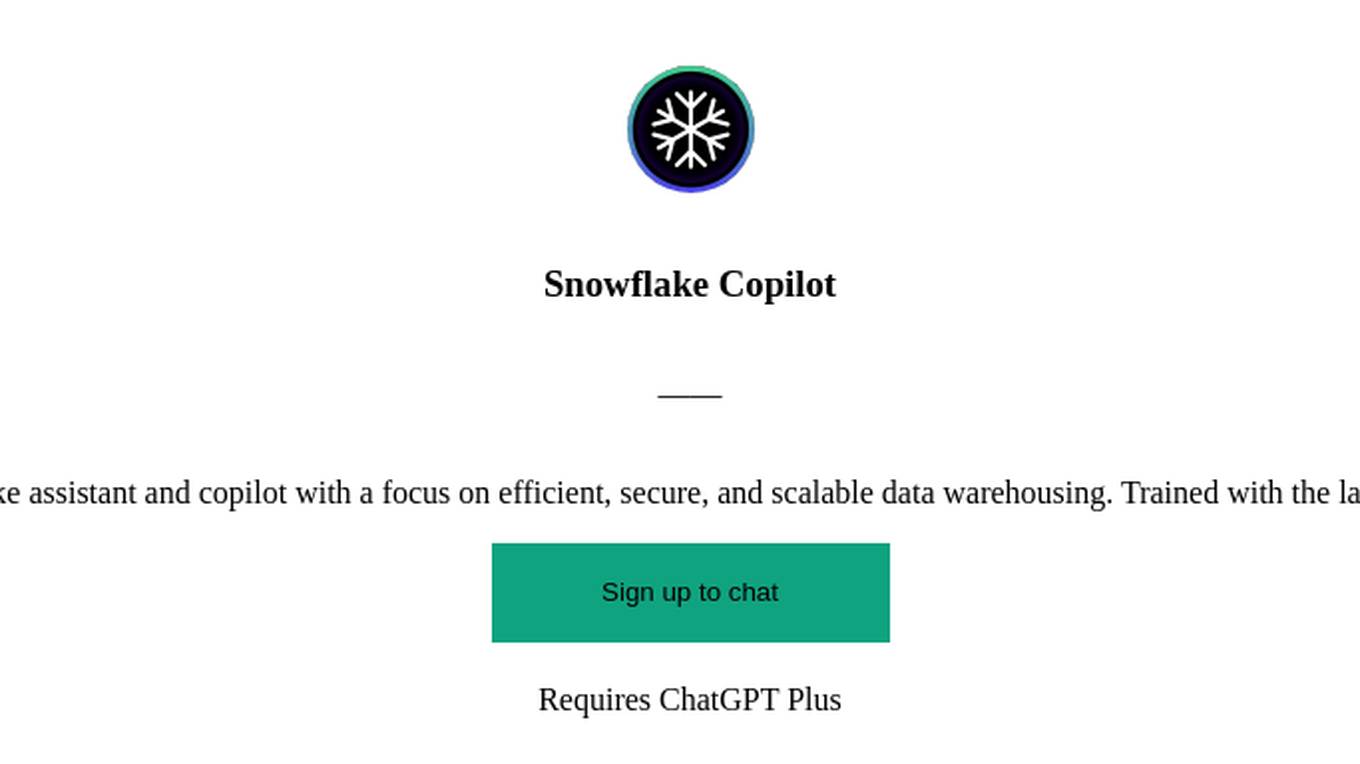
Snowflake Copilot
Your personal Snowflake assistant and copilot with a focus on efficient, secure, and scalable data warehousing. Trained with the latest knowledge and docs.
